
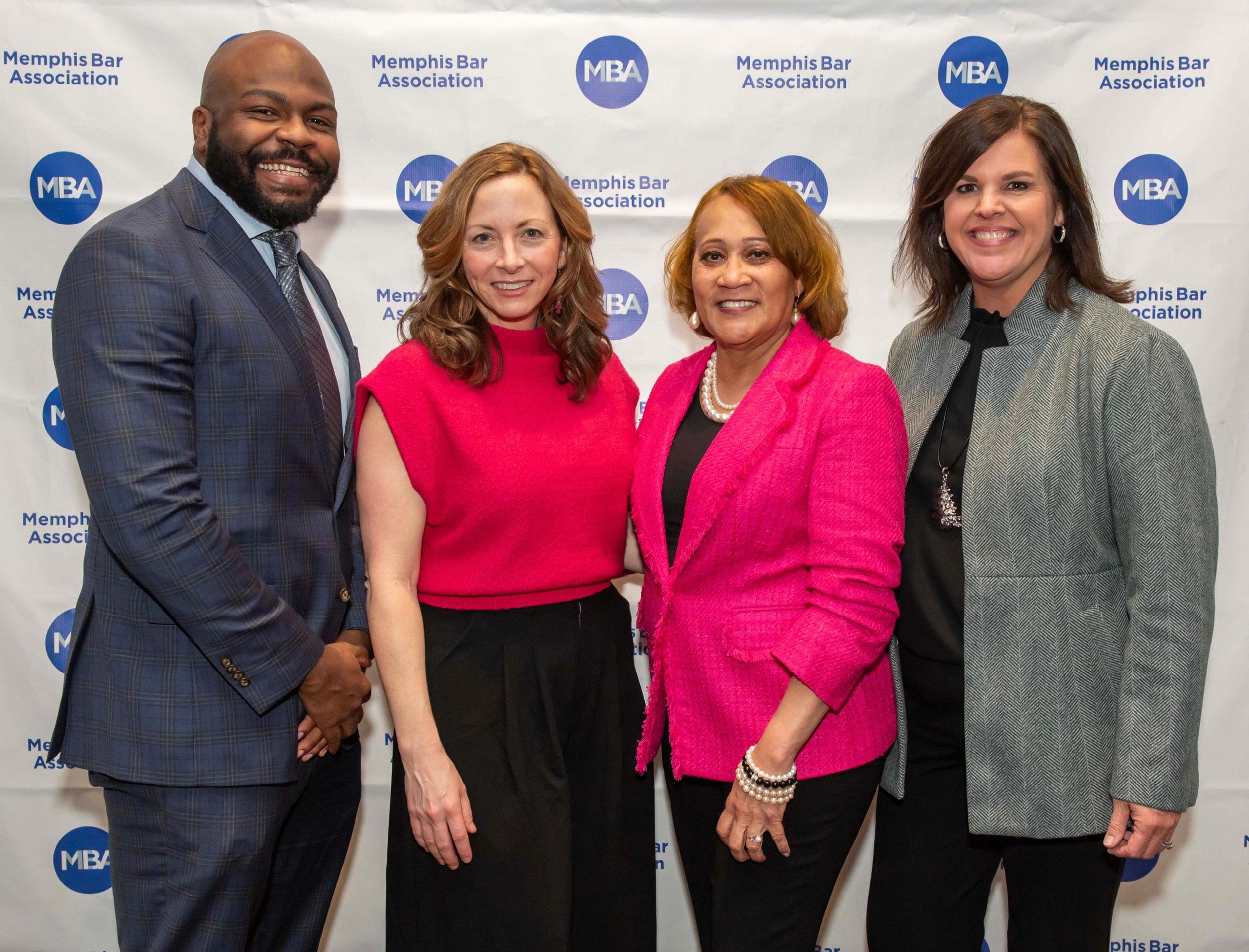
Legacy of SLIP:
Quinton Thompson’s Rise from High School Intern to Leader of Bar Associations
THIS ISSUE:
Perspectives on Jurisprudence: Law Students on Navigating the Age of Artificial Intelligence in Legal Education and Practice
Protecting Workers Rights: Stopping the Overreach and Abuse of Non-Competes
The General Counsel Of The NLRB’s Misguided Attempt To Federalize State Non-Compete Law
the magazine of the Memphis Bar Association | Volume 40 • Issue 4 • 2023

Your bank for the legal community
Are you feeling overwhelmed by the demands of your law practice?
Rest assured! At BankTennessee, we understand the challenges you face and are here to make your life easier with money-saving accounts plus online and mobile banking options tailored to your unique needs.
Discover why BankTennessee is the choice for many legal professionals!
Talk to us today.
With you, the best is yet to come.


Member FDIC. NMLS #4412426 Bank Local. Bank Smart. A proud partner of the Memphis Bar Assoociation since 2006. BANKTENNESSEE.COM 901-525-5533 Downtown Memphis, East Memphis, Collierville, Germantown, Ripley, Munford

COLUMNS
Volume 40 • Issue 4 • 2023
6 Legacy of SLIP: Quinton Thompson’s Rise from High School Intern to Leader of Bar Associations INTERVIEW BY JEFFREY K. MOORE, JR 11 The Bankruptcy Court in West Tennessee BY U.S. CHIEF BANKRUPTCY JUDGE JENNIE D. LATTA, J.D., PH.D. 19 Perspectives on Jurisprudence: Law Students on Navigating the Age of Artificial Intelligence in Legal Education and Practice BY ALEXIS C. HIVNER, CARSON KLEPZIG, AND ANNIKA D. RUSH (AND CHATGPT) 24 Protecting Workers Rights: Stopping the Overreach and Abuse of Non-Competes BY MAUREEN TRUAX HOLLAND 30 The General Counsel Of The NLRB’s Misguided Attempt To Federalize State Non-Compete Law BY TOM HENDERSON
FEATURES
5 President's Column BY ADAM JOHNSON 35 Court Report: Shelby County Circuit Court BY STEPHEN LEFFLER 40 Court Report: United States District Court for the Western District of Tennessee, Western Division BY AUDREY CALKINS 43-46 Bar Scene 47 Community Legal Center: Why the CLC Matters to Memphis and the Mid-South BY TRICIA DEWEY 49 MALS Corner: Empowering Change – A Four-Year Journey of Impact and Progress BY CINDY COLE ETTINGOFF 50 People in the News
MEMPHIS LAWYER
the magazine of the Memphis Bar Association
Memphis Bar Association Publications Committee
Amber Floyd, Co-Chair
Nicole Grida, Co-Chair
Audrey Calkins
Maureen Holland
Taylor Flake Lawson
Skkye Moreno

Adam Johnson President Nahon, Saharovich & Trotz
2024 MBA Officers
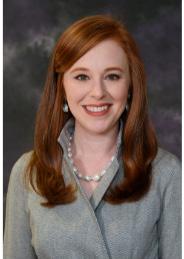
Lauren Stimac Vice President Glassman, Wyatt, Tuttle & Cox
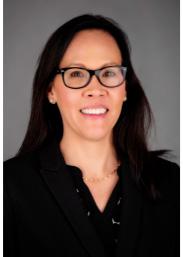
Marlinee Iverson Secretary/Treasurer
Shelby County Attorney's Office

Jennifer Sink Past President MLGW
2024 Board of Directors
Donald Babineaux
Taurus Bailey
Preston Battle
Audrey Calkins
Amber Floyd
Malcolm Futhey III
The Memphis Lawyer is a quarterly publication of the Memphis Bar Association, Inc. with a circulation of 2,000. If you are interested in submitting an article for publication or advertising in an upcoming issue, contact info@memphisbar.org. The MBA reserves the right to reject any advertisement or article submitted for publication.
Jack Heflin
Justin Joy
Lani Lester
Matt May
Joseph McKinney
Hon. Danielle Mitchell
Ruchee Patel
Will Perry
Abigail Webb Sala
Hon. Zayid Saleem
Joseph Smith
Maggie Stringer
Quinton Thompson
Councilwoman Janika White
Section Representative
Laurie Christensen
Anne Davis
Thomas Greer
Chasity Grice
Dan Norwood
Toni Parker
MBA STAFF

The Memphis Bar Association
145 Court Ave.
Suite 301
Memphis, TN 38103
Phone: (901) 527-3573
www.memphisbar.org
AWA Representative Eliza Jones
Law School Representative Regina Hillman
NBA Representative Carlissa Shaw
YLD President Jeffrey Moore

Mary Ann Upchurch Executive Director

Lauren Gooch Membership & CLE Director

Kelly Swan Communications Director
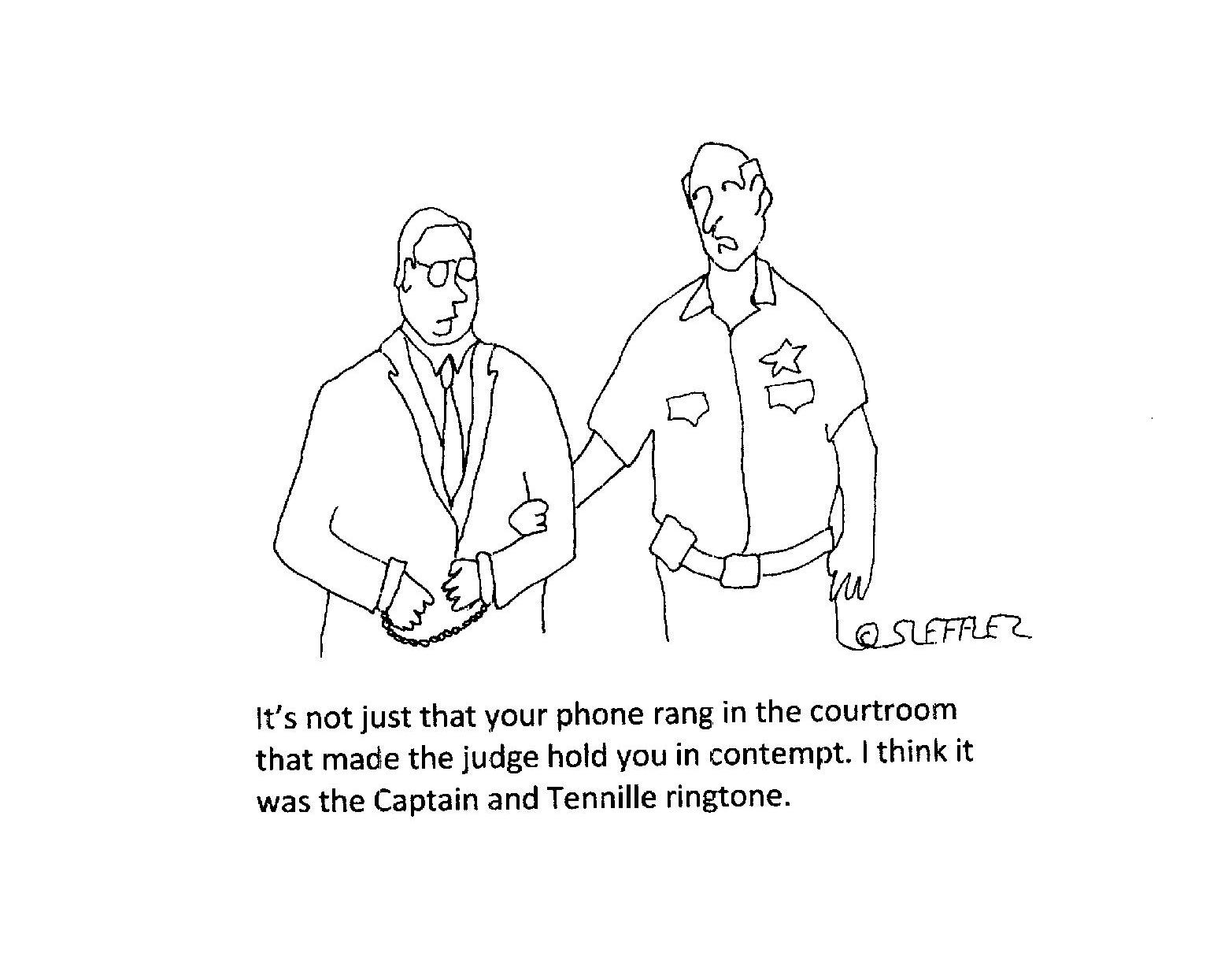
COLUMN PRESIDENT'S
BY ADAM JOHNSON, MBA 2024 PRESIDENT
Oh, hello. We’ve done it, we’ve completed another year, and now it’s 2024’s time to shine! 2024 represents the 150th anniversary of the Memphis Bar Association, first chartered in December 1874 as the “Memphis Bar and Library Association”. In celebration, the MBA has several things planned throughout the year: a gala on Saturday, October 19, 2024 at the now MOSH (formerly Pink Palace Museum), a series of CLEs and podcasts that will highlight the history of the Memphis legal community, and a service project. Please be on the lookout for these events throughout the year, and please let us know if you would like to help with any of it.
But before we completely turn the page on 2023, I want to highlight an item from the MBA Annual Meeting in case you missed it. Jennifer Sink and Peter Gee announced the creation of The Honorable Gina C. Higgins Endowment Fund to ensure the continued
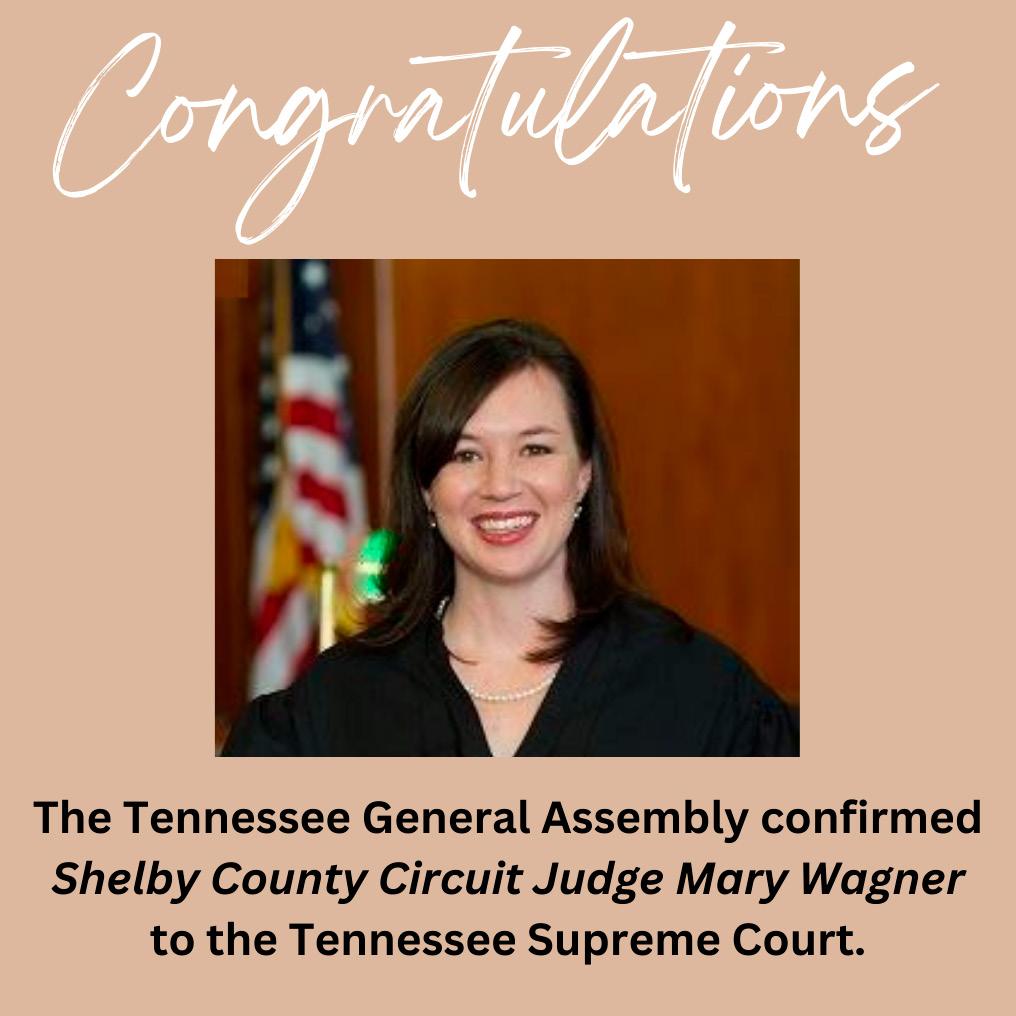
success and growth of the Summer Law Intern Program (SLIP). Created in 2007 by Judge Higgins and Mrs. Ruby Wharton, SLIP seeks to expose minority high school students to the legal community and legal work during a month in the summer. Over 900 students have completed the program since its creation, and many of them have become successful attorneys in their own right. The program has become one of the most important and rewarding programs organized by the MBA each year.
If you feel so called, please donate to the The Honorable Gina C. Higgins Endowment Fund at this link.


5
Legacy of SLIP: Quinton Thompson’s Rise from High School Intern
to Leader of Bar Associations
INTERVIEW BY JEFFREY K. MOORE, JR.
Jeffrey K. Moore Jr., current President of the Memphis Bar Association Young Lawyers’ Division, recently sat down with Quinton Thompson, former MBA YLD President and the current Tennessee Bar Association Young Lawyers Division President, for a discussion about Quinton’s journey to the legal field. Known for his dedicated work as a personal injury attorney and his involvement in bar associations, Quinton shared his experiences starting from his early days in the Summer Law Internship Program to his current role leading several bar associations.
During their conversation, Jeff and Quinton explored the importance of mentorship, the lasting impact of early legal experiences, and the value of persistence in the legal profession. This dialogue offered a genuine look at Quinton’s journey, highlighting how he has navigated his career path while contributing meaningfully to the legal community.
Q: Quinton, why did you choose the legal profession of all the professions?
A: It was the only thing that I ever wanted to do. When I was kid, I would watch shows like Law and Order, Judge Judy, Judge Mathis, all those TV legal dramas and courtroom shows, and I knew that is what I wanted to do. Later, I started doing mock trial, and then I did the Summer Law Internship Program “SLIP” with the Memphis Bar Association. After doing that program, there was not a doubt in my mind that I would become an attorney.
Q: I think a lot of parents hope for a similar trajectory for their children. Can you speak to how

mock trial and programs like SLIP assisted you in your practice and how those programs helped you become an attorney?
A: For me, there was already an interest in joining the legal profession when I was a teenager, but I was trying to make sure that was not some fantasy, and it was something that I genuinely wanted to do. At an early age, I knew that if there was an opportunity for me to explore the legal profession in any way, I wanted to take advantage of that. When I found out about mock trial my freshman year of high school, I immediately joined the team. I can unequivocally say I would not be the lawyer I am today if it was not for opportunities that gave me early exposure to the legal profession. I think many young attorneys do not get courtroom
6
experience until after a few years of practice; I was able to get that starting in high school.
Q: Now I know you and I have had discussions recently. I tried my first case as a first chair. I met with you afterward just to tell you how the trial went to get your point of view, but you noted one thing with respect to your history and mock trial and how that prepared you for trying cases. Can you speak a little bit to that?
A: Yes, you mentioned wishing you had felt more at ease during the trial. My response was that gaining experience is key to improvement. The more time you spend in court, the better and more comfortable you become. For me, participating in mock trial and SLIP laid the groundwork for eventually achieving a sense of confidence in the courtroom.
Q: What led you specifically to practicing in personal injury?
A: I always aimed to practice law that directly aids individuals. While I hold all legal fields in high regard, personal injury law aligns with my goal of making a tangible difference. It is accessible to clients from all walks of life since we work on a contingency fee basis. I am particularly drawn to the extensive litigation involved in personal injury cases, as I have always envisioned myself in the litigator's role, even before fully understanding what it entailed.
Q: Now from my perspective, I also practice personal injury and I've been very thankful to have you as a friend, as a mentor. You are younger than me, but you're older in the practice of law. Did you have someone like yourself that was a guiding factor for you, somebody that you relied on in terms of your growth as an attorney?
A: I have a lot of different people that I have looked up to for varied reasons. The people I look up to are the ones that I think are trying to become masters at their craft as well as in leadership. I think about people like Will Perry, Danese Banks, Amber Floyd, Judge Higgins, Laquita Stokes, Nicole Grida, Adam Johnson, Judicial Commissioner Shayla Purifoy, Terrence Reed.
These are people that show up in the community, but they also show up in the profession in an excellent way. I have had amazing mentors at my firm help me like Peter Gee, Bobby Martin, William Hackett, and Ryan Skertich. These are all people that helped sharpen and develop me into a trial attorney and a leader.
Q: What do you think is the duty or responsibility for lawyers when it comes to the community?
A: The two biggest things that allowed me to become a lawyer were mock trial and the Summer Law Internship Program. Both of those are volunteer based programs. It is a group of lawyers, law students, and judges taking time out of their busy schedules, away from their families, to come and judge a competition round, or they have agreed to volunteer their time and money to host the interns. That was a big reason as to why I chose to enter the legal profession because I was validated by programs like this. Now, I feel obligated to do what I can to give other people the same experience I received. Whether it is high school students, college students, law students, younger attorneys, I'm just making sure that no matter what I'm doing, I pass on what I received.
Q: Backing off that question, you were obviously born and raised in Memphis, and you went to school in the city. What do you think we as attorneys, as a community, need to be doing to foster more opportunities for our youth to have the same opportunities you had?
A: Well, I do not have the complete answer to that question because if I did, I would probably be doing something else. However, I do believe it is crucial to keep opening doors for young people to discover paths and possibilities they might not otherwise come across. I think everybody, no matter what profession you are in, whether it is engineering, medicine, acting, singing, dancing, whatever it is, doing whatever you can to create positive programs for our youth and give our youth other paths to spend their time. If we all come together and do our part in providing other options, little by little will help change our youth. It is not some big grandiose thing, but moment by moment we will begin to see incremental change.

7
Q: You have been President of the Young Lawyers Division for the Memphis Bar Association. You have been President of the Ben F. Jones Chapter of the National Bar Association. You are the President of the Young Lawyers Division for the Tennessee Bar Association and the HT Lockard Foundation. For those with similar aspirations, how were you able to balance your time? I know you are married, have three children, and have a thriving practice. How are you able to manage your time while also giving back to the community? Many attorneys feel they cannot be a part of organizations because of how much time it takes for them to be attorneys, how much time their job takes from them, and then also being present for their families and the like.
A: The first thing I would say is when it comes to my home life, I could not do it without my wife Katerra Thompson. Secondly, I would tell young attorneys not to do what I did. I was able to do it because when I am doing something that I love, it actually fuels me. When you list out being President of all those organizations, somebody else could be like, man, that is draining. How could you have time to do that and have a family and thrive at work? But when I was President of the Young Lawyers Division and the Ben F. Jones Chapter of the National Bar Association, that was the first time that I was one of the top producers at my firm in the Memphis office. Instead of me having to lead and be drained from it, it actually does the opposite, and it gives me what I need to be extremely productive in all the other areas of my life.
Q: When I first passed the bar, I interviewed attorney Ricky Wilkins, and really what I was trying to do was hopefully set up a situation where he would hire me at his firm. That did not happen, but ultimately, I ended up interviewing him and asking him a number of questions about the profession. One thing he told me that resonated with me and quoted a former dean of Howard Law School, "An attorney that is not a social engineer, is a parasite." You have spoken to this a little bit with respect to your involvement in the community, but how important is it for attorneys to be involved in the community, especially a community like Memphis?
A: First, let me say Ricky was an incredible lawyer and an
even more incredible human being. His contributions to our legal community are unmatchable. I agree with Ricky 100%. What people must get is that you don't have to volunteer in a way that somebody else does. Somebody looking at me, for the average person, that is too much involvement, too much leadership in organizations, and they would not even know how to manage their family or their business, let alone trying to be the President of all these things. You have to do what works for you and realize that you can give back in the simplest way.
If you can spare an hour to judge mock trial, attend a legal clinic on a Saturday, or volunteer at legal lines like the YLD does, do it. With roughly 4,000 lawyers in Shelby County, if everyone contributed one hour to a community project, the impact would be massive.
Q: The Memphis Bar Association and the attorneys in the Shelby County area form a small but prominent community. How important is it to be involved in the legal community, especially for lawyers at all stages of practice?
A: The bar associations have been invaluable to me, particularly since I did not attend law school in Memphis. When I returned, I did not know any young or Black lawyers in the area, so I sought out the equivalent of the Black Law Students’ Association, which led me to the Ben F. Jones Chapter. It was there that I started building my network. Next, I started attending MBA community and social events. These experiences helped me find friends, like you, Patrick Morris, Kevin Christopher, Geoffrey Morris, and Patrick Hillard, and eventually led to my role at Morgan and Morgan. Engaging with the bar association has opened doors, provided advice, and fostered relationships that have been essential to my personal and professional growth.
Q: Based on our conversation, what should young lawyers focus on after passing the bar to improve their practice and contribute to the community?
A: While there is no one-size-fits-all answer, I believe young lawyers should focus on mastering their craft and engaging with their community. The landscape of law practice has changed. It's not common to stay at one job for life. Being involved with bar associations can lead

8
to opportunities and connections that would otherwise remain out of reach. It's not just about working hard at your firm. It's about making a name for yourself. When hiring, firms often seek candidates who are not only diligent but also well-connected and active in the legal community. Involvement can make the difference when deciding between two potential hires.
Q: Can you talk more about your involvement with the SLIP program and its influence on your career?
A: I found out about the SLIP program my junior year of high school. I was in my U.S. History class, and my teacher, who was also my mock trial coach, asked me to see him after class. I thought he wanted to see me because I did badly on the test that we took the day before. After class, I said, “Did I do badly on the test?” He said, “You did, but that's not what I want to talk to you about.”
He said, “I want to tell you about this internship opportunity with the Memphis Bar Association.” He told me about SLIP. I applied, I went through the interview process, and was placed at the District Attorney's office here in Memphis.
empowering. Witnessing judges work through complex legal issues offered a real-world education that no classroom could match. My own mock trial experiences had me silently formulating objections and anticipating arguments, enhancing my understanding of the judicial process. This not only confirmed my decision to become an attorney but also provided a quiet confidence that I brought with me into the legal profession. A profession where young lawyers are often tasked with navigating intimidating challenges.
Q: Now, Judge Gina Higgins was recently honored with an endowment in her name at the Memphis Bar Association Annual Meeting, and she gave a speech. She was very touched by the recognition, and you previously mentioned Judge Higgins as a mentor to you. Can you speak to that, what that meant to you and what that means moving forward for the SLIP Program?
A: The SLIP program would not exist if it were not for Judge Higgins, and there were many others that helped her start the program and carry this program forward, but she was truly the heartbeat of this program. One of my favorite memories as Chair of the SLIP Committee
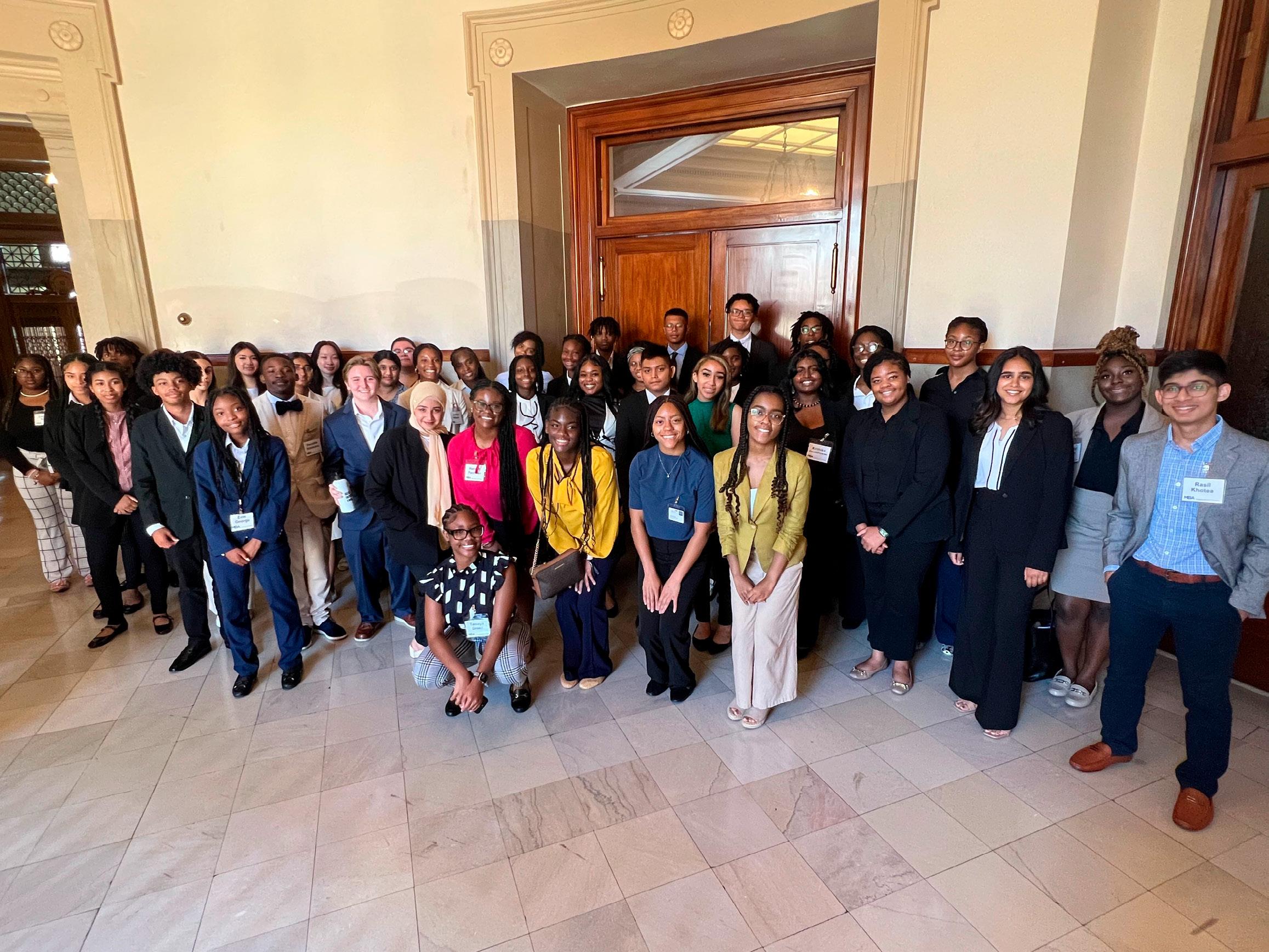





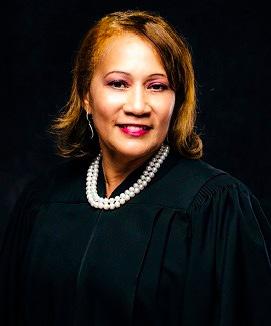
Morgan & Morgan FedEx Corporation Memphis Bar Foundation The Wharton Foundation, Wharton Law Firm & AC Wharton Group LLC Apperson Crump Ben F. Jones Chapter of the NBA Burch Porter & Johnson Thank You Donors! Click Here for Circle of Friends Donors $50,000 + $25,000 to 34,999 $5,000 to $14,999 Jennifer Sink & Buck Wellford Nahon, Saharovich & Trotz The Honorable Gina C. Higgins & Family $35,000 to $49,999 $15,000 to $24,999
would see mostly young Black high school students, and she was demanding that they exhibit professionalism when they go into the law firms. I knew that it was the first time many of these students have been given this level of expectation that Judge Higgins put on them.
Because when you see the news, it almost seems like the world does not expect young Black kids to amount to much of anything, but Judge Higgins demanded excellence. Year after year they all met her expectations.
In 2007, Judge Higgins recognized the pressing need to foster diversity within the legal field. With African
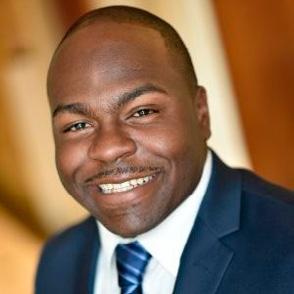
American attorneys making up less than 5% of the profession, and an even smaller percentage among law firm partners, the challenge was clear. Judge Higgins was not only a visionary in setting goals, but she was instrumental in actualizing programs like SLIP that drive real change. The endowment in her name is a fitting tribute, capturing her commitment and impact. Our aim is to raise $250K, and we have already made significant headway, with $175K committed by various firms and individual contributors.
Quinton E. Thompson is an attorney devoted to representing the underdog and providing a voice to the voiceless. He is currently a Personal Injury Litigation Associate at Morgan & Morgan's Memphis office, where he primarily deals with automobile collisions, slip and falls, and wrongful deaths cases. Quinton graduated magna cum laude with degrees in Business Administration Management and Psychology from The University of Tennessee, Knoxville. After earning his Juris Doctorate from Vanderbilt University Law School in 2015. Immediately following law school, Quinton served as an Equal Justice Works AmeriCorps Legal Fellow with the Mississippi Center for Justice in Indianola, Mississippi. Over the course of his fellowship, he counseled over 500 people about their criminal records, was able to get 130 criminal arrests and convictions expunged, and helped more than 30 people obtain employment.
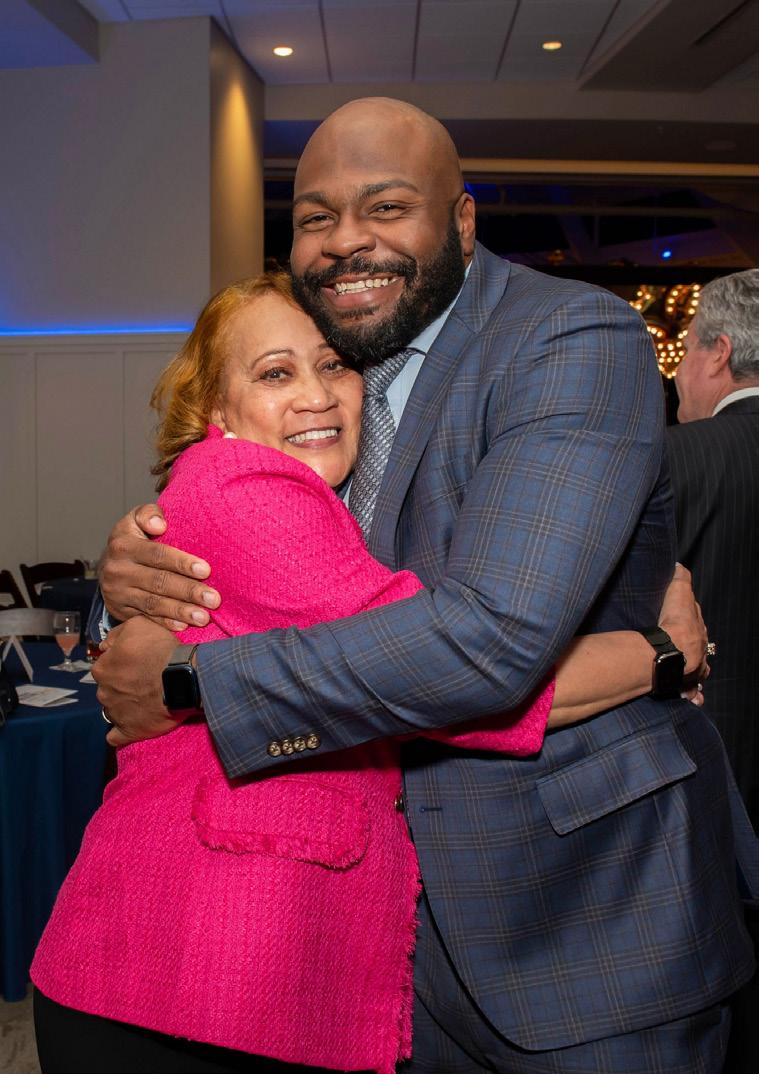
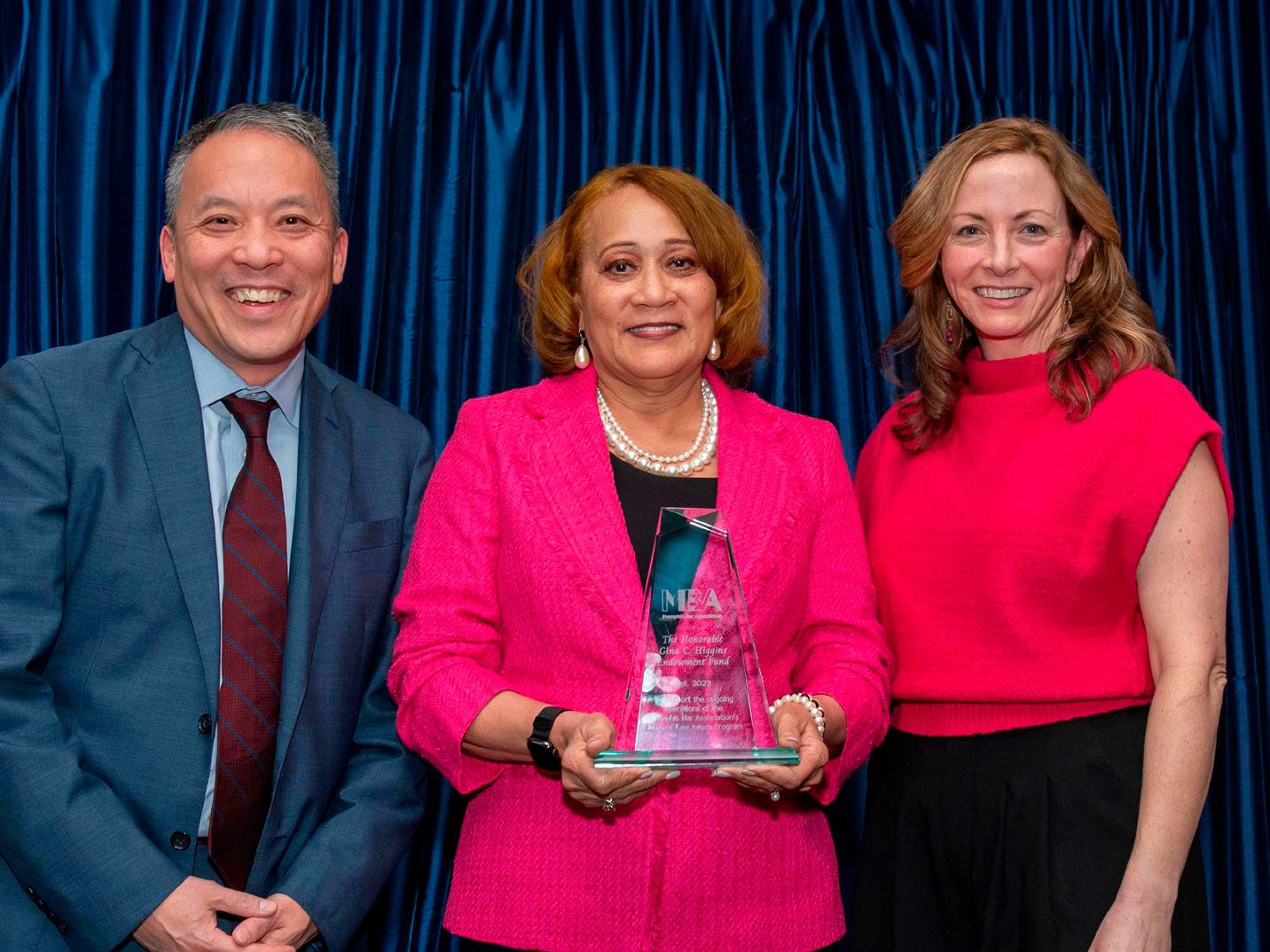

10
The Bankruptcy Court in West Tennessee
BY U.S. CHIEF BANKRUPTCY JUDGE JENNIE D. LATTA, J.D., PH.D.
I.EARLY HISTORY OF TENNESSEE FEDERAL COURTS
Upon ratification in 1788, the Constitution empowered Congress to establish uniform laws on the subject of bankruptcies throughout the United States.1 Tennessee became the 16th state on June 1, 1796, but the area west of the Tennessee River was not included within its boundaries until October 19, 1818, with the signing of the Treaty of Tuscaloosa and the consummation of the Jackson Purchase. The first federal district court for Tennessee was created in 1797 and consisted of the state as it existed at that time.2 Tennessee was divided into two federal judicial districts in 1802, but only one judge was authorized for the entire state.3 The territory east of the Cumberland Mountains was called the district of East Tennessee, and the remaining territory was the district of West Tennessee. It was not until June 18, 1838, that the judge for the Districts of East and West Tennessee was required to hold court in Jackson. In 1839, the Middle District of Tennessee was established, but no additional judgeships were authorized until 1878 when Eli Shelby Hammond was appointed the first district judge for the Western District of Tennessee.4
II.THE BANKRUPTCY ACT OF 1800

Congress did not exercise its authority to establish a uniform law of bankruptcy until 1800.5 The first bankruptcy act provided for involuntary bankruptcy only primarily against merchants who had committed certain enumerated “acts of bankruptcy.” The Act was supported by Federalist and commercial interests but opposed by anti-Federalist, Southern, and agrarian interests. It was designed to sunset after five years but was actually repealed after only three.6 The Tennessee Gazette published a circular letter from Tennessee Congressman William C.C. Claiborne on April 21, 1800, which noted the passage of “An act establishing a uniform system of bankruptcy throughout the United States.” Claiborne stated further, “In most of the old commercial nations of Europe, regulations of this kind have been adopted and are supposed to be beneficial; I sincerely wish, that the same good effects may flow from the bankruptcy system, which has thus early been introduced into the United States; but I fear, that in this wish, I shall not be gratified.”7 The Act was repealed on December 19, 1803. No bankruptcy cases were filed in West Tennessee during the three years it was available because the Chickasaw and other Native Peoples still used the land that became West Tennessee as a hunting ground.

11
III.THE BANKRUPTCY ACT OF 1841
Congress enacted the second national bankruptcy law on August 19, 1841, in a belated response to the Panic of 1837.8 It was the first bankruptcy act to permit the filing of voluntary petitions and did not limit eligibility to merchants but did exclude filings by or against corporations.9 Even before it was set to become effective on February 1, 1842, the House of Representatives — but not the Senate — made and approved serious calls for its repeal. It was disparagingly called the “Whig Bankrupt Law.” Although many thousands of debtors sought relief under this act, from the point of view of creditors, the law was a failure because it resulted in few dividends to them at a high administrative cost. The 1841 Act was repealed on March 3, 1843.
A fair number of cases were filed in the Western District of Tennessee under the 1841 Act. Notices of meetings of creditors were published, which, in the case of a voluntary petition, provided:
District Court of the United States For the District of West Tennessee.
IN the matter of the petition of HARRISON LOCKE, a citizen of Fayette county, in said District, to be declared a Bankrupt: Notice is hereby given to the creditors of said Locke, to appear at the court-house in Jackson, on the second Monday in October next, and show cause, if any they have, why the prayer of said petitioner should not be granted, at which time and place the same will be heard.
July 22, 1842.
JAS. L. TALBOT
Clerk of said Court.10
If and when the bankrupt desired to receive a discharge, a second notice was filed ninety days later, providing as follows:
TO the creditors of WM. J. BECTON, declared a bankrupt: Take notice, that a petition has been filed in the District Court of the United States for the Western District of Tennessee by said Wm. J. Becton, duly declared a bankrupt under the act of Congress, for a discharge and certificate thereof, from all his debts, claims and engagemens [sic] provable under said act, and on
the second Monday in October next, at the court house in Jackson, is assigned for the hearing of the same, when and where you may attend and show cause, if any you have, why the prayer of said petitioner should not be granted.
Attest:
JAS. L. TALBOT. Clerk of the Court of the District of West Tennessee
July 22, 1842
Creditors could contest the bankrupt’s entitlement to discharge up to the final decree.
On July 5, 1842, the Knoxville Post noted that the town was “filled to overflowing with strangers in attendance upon the Supreme Court, and the District Federal court sitting in bankruptcy.”11 The Jackson Republican republished an opinion of the editors of the Knoxville Argus on July 22, 1842, that colorfully set out the thoughts of some concerning the bankruptcy act. Unfortunately, only part of it can be reproduced here, but it is entertaining.
THE BANKRUPTCY LAW IN TENNESSEE
The Hon. M. W. Brown, District Federal Judge, arrived in our town on the 4th instant, and opened his Court for the trial of cases in Bankruptcy.
This Court is, as the Hon. T.H. Benton declared, and as the act of Congress provides, “like the gates of hell, always open.”
No final decrees of discharge are ordered at this sitting, but some future day is fixed by his Honor at which the creditors may come in and contest the discharge, & if none of the grounds of objection specified in the law are sustained the debts of the applicant, whether accounts, notes, bonds, obligations, mortgages, judgments, indeed any description of pecuniary indebtedness, is sunk into nothingness, like flax in the fire. Under the omnipotent fiat of his court the debtor sets at defiance, through all future time, the honest claims of his creditor, and walks a redeemed, and disenthralled man, by the genius of a law which sweeps the debts of the applicant into “the vortex of lost and missing things.”

12
We learn that there are upwards of a thousand cases in the State, now pending in three divisions. The aggregate of debts paid off in this summary way, we also learn, in our division is not enormously great -- the debts are chiefly domestic, and not foreign, being mainly contracts between our own citizens, where the creditor is also in moderate circumstances.
We have always understood that courts were constituted for the purpose of punishing crimes and enforcing contracts – but this court is a novel one. It reverses the thing. It is a court constituted for the purpose of “impairing the obligation of contracts,” a court to undo contracts.
We learn that many cases pending will be contested by the creditors on the ground of preferences granted by the debtor, fraud, &c., &c., &c.
This law is one of the precious fruits of the famous extra session of Dictator Clay and is one of the train of measures which were generated under the intoxicating fumes of hard cider, called relief measures.
At the extra session there were said to be 500,000 bankrupts in the United States, and their votes for Clay in an ensuing election, were too large an item to be overlooked, and there were to be bought by the annulment of all their contracts throughout the union. Mr. Clay is a scheming projector of bold enterprises for the promotion of his own wicked ambition.
Here is proof enough to close the mouths of the sternest advocate of whiggery, and to case down the most brazen faced impudence, and yet some still small voices are heard to mutter out grumbling “this was not a whig measure.” This comes too late, as the Irishman said to the chicken’s cry.
Mr. Clay deliberately and willfully voted against the wishes of the State he represented. “He that knoweth the will of his master and doeth it not shall be beaten with many stripes.”
Unfortunately, the Jackson paper did not provide a response.
IV.THE BANKRUPTCY ACT OF 1867
Events leading up to and including the Civil War brought financial ruin to many. Southern states’ secession was accompanied by repudiation of debts by Southern debtors and the loss of a forum to enforce them. At the outbreak of the war, Southern merchants owed Northern merchants some $300,000,000.12 Non-payment of these debts led to failures throughout the United States. The thirty-seventh Congress, which was in session from March 4, 1861, until March 4, 1863, received 40,000 petitions to enact a bankruptcy law.13 A bill to enact a permanent bankruptcy law to relieve “honest but unfortunate debtors” was introduced in the Senate as early as 1861. Congress again took up the passage of a bankruptcy law following the Civil War. The Memphis Public Ledger published this notice in January 1867, highlighting concern about the status of persons residing in the “Southern provinces:”
BANKRUPTCY
During the last session of the Congress of the North, the House passed a bankrupt bill, and it is intimated that it will pass the Senate at this session. Such a law at this time will be favorably viewed by the North. The Southern provinces, it is believed, have no bankrupt rights under its provisions. Laws are to be uniform throughout the United States. As the ten former States of the South are not now States, they are not supposed to be included. A disloyal person, though plundered of all he possessed, cannot be bankrupt.
Despite these concerns, the Bankruptcy Act became law on March 2, 1867,14 and Memphis lawyers began to prepare. Bankruptcy rules were adopted and announced by Judge C. F. Trigg sitting in Knoxville on July 8, 1867.15 The filing fee was $50; $20 of which was to be provided to the bankruptcy register when he was appointed to a case. Some lawyers in Memphis advertised directly to former Confederates:
PROCEEDINGS IN BANKRUPTCY
If there are any good and true Confederate Soldiers in the District of West Tennessee who have been reduced to Bankruptcy by the late war and who desire to avail themselves of the late Act

13
of Congress but are not able to pay counsel fees, they can have our professional services gratis— our only fee being the gratification of serving these who were true to the honor of the land we love.
SCRUGGS & ROGERS
No. 19 Madison Street, Memphis16
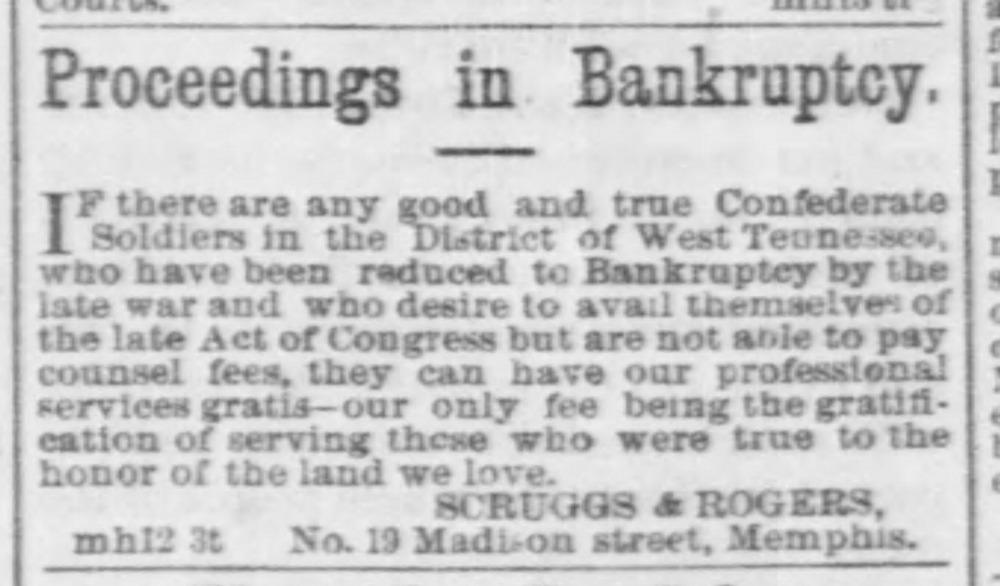
Other firms advertised their interest in handling proceedings in bankruptcy including Edgington & Halsey, at 233 Second St.; Ray & Welch, at 237 Main St.; and Swan & Foute, on Madison between Main and Second St.17 They were later joined by Mr. J.E. Temple, at No. 12 Jefferson St. The Memphis Daily Post advertised that it would soon have blank forms available for bankruptcy proceedings.18
One of the interesting features of the 1867 Act was the introduction, in 1874, of the possibility of a “composition agreement.” This was a plan proposed by the bankrupt to distribute his assets among his creditors on terms acceptable to them in order to receive a discharge. The Memphis Public Ledger carried an interesting article explaining the meaning of a composition in bankruptcy:
BANKRUPTCY MATTERS
The Judge of the United States District Court for the District of West Tennessee has appointed Saturday, April 29th, as the day for a meeting of creditors of Selden, Hicks & Co., and Sol Halle for the purpose of considering a proposition for composition in those cases. The word composition with reference to bankruptcy matters is taken from Blackstone and other old English law authors. A bankrupt is cleared by a commission of bankruptcy, or by composition
with his creditors. Webster defines it to be “a mutual agreement for the discharge of a debt on terms or by means different from those required by the original contract, or by law, as by the payment of a different sum, or by making other compensation; hence the sum so paid, or compensation given, in lieu of that stipulation or required.”
Public Ledger
April 20, 1876
Old Sir William Blackstone defines real composition to be that “in which an agreement is made between the owner of lands and the parson or vicar, with the consent of the ordinary [bishop] and the patron, that such lands shall for the future be discharged from the payment of tithes by reason of some land or some other real recompense given to the parson in lieu or satisfaction thereof.”
From the above definitions, any ordinary mind can apply the word “composition” to bankruptcy matters, and thoroughly understand its legal meaning; at least our legal reporter is of that opinion with reference to his fellow-men who never studied law.19
A. REGISTER SELECTION DIFFICULTIES
Interestingly, the 1867 Act called for the Chief Justice of the Supreme Court to appoint Bankruptcy Registers for each judicial district. One notice indicated that Chief Justice Salmon P. Chase, who tried to avoid this added duty, received some 300 applications per day for appointment as registers.20 Many men were disqualified from service because of their prior service to the Confederacy, but those who had been loyal to the Union also faced opposition in Tennessee. Major John E. Peebles, a lawyer from Ohio, who had set up practice in Memphis in 1864, was appointed to serve as register in May 1867, but never actually served.21 Another man, identified as Mr. Thorn, was also considered, but reportedly rejected by Judge Trigg, District Judge for Tennessee, as a “Unionist.”22
As late as October 19, 1867, A.S. Mitchell, Clerk of the District Court, put a notice in the paper to the effect that the delay in appointment of a register should not discourage persons needing relief under the Bankruptcy Act from filing.23 He said that he had “the authority of

14
Judge Trigg for the assurance that if a Register for this District be no soon obtained, he will either assign a Register from some other District to dispose of the cases here, or he will hear and adjudicate them himself.”24
Meanwhile, some 183 petitions in bankruptcy had already been filed in the Middle District of Tennessee.25
The Memphis Daily Appeal also noted on October 24, 1867, that after March 2, 1868, no debtor would be permitted to receive a discharge unless his assets could pay half of his indebtedness or he obtained the written consent of the majority of his creditors in number and amount. 26
The impasse was apparently resolved in early November. Mr. Mitchell started placing advertisements in the Memphis Daily Appeal such as this:
United States District Court In Bankruptcy
Petitions in Bankruptcy Filed daily. Blanks kept on hand. Information given.
Debts against Bankrupts proved up. President Johnson’s last amnesty Oath administered.
Call on A.S. Mitchell, Clerk No. 450 Main Street, Memphis.
The Daily Post reported on November 20:
By reference to our advertising columns it will be perceived that the United States Court in Bankruptcy is in full operation, at last, in the Western District of Tennessee. The Clerk of the Court, A.S. Mitchell, Esq., will give every information needed to applicants, at the United States Court-rooms, Waldran Block, No. 450 Main street.
We learn that petitions for the benefits of Bankruptcy are pouring in rapidly, about 71 being already filed.27
A lawyer named Thomas J. Latham was eventually appointed Register for Memphis by Chief Justice Case on December 4, 1867.28 Judge Trigg approved his appointment even though Latham was a “Unionist.” A supported described Latham as
a lawyer of superior ability for his age, a sound thinker, a number-one business and strictly temperate man. He was reared by an honest old farmer who belonged to the Clay school of politicians, and who early impressed upon the minds of his children that great and vital doctrine – which is dear to every true-hearted American citizen – of loyalty to their government. And right and well did he carry out those principles which had been early inculcated in his mind when, in 1861, his voice was heard all over his native county, warning his fellow citizens against the mad project of secession. His motto was, “Union, peace, and prosperity,” against “Secession, taxation, and war.”29
B. THOMAS LATHAM APPOINTED REGISTRAR
Thomas Jefferson Latham was born November 22, 1831, in Washington, North Carolina, and moved with his parents to Tennessee in 1833. After graduating from the Western Military Institute in Georgetown, Kentucky, he studied and practiced law in Dresden, Tennessee. Latham opposed secession but did not support the Union Army either. After the war, he practiced law in Memphis until he was appointed Receiver in December 1867.
The advertisements of Mr. Mitchell and the appointment of Latham as Register had their desired effect. Latham opened his office on Main Street in Memphis a few days after his appointment was confirmed. One week after his appointment, the first warrants in bankruptcy were issued, and on December 14, 1867, the Memphis Daily Appeal carried the first notices of the filing, such as this:
Notice in Bankruptcy
United States of America, Western District of Tennessee
THIS is to give notice that on the 11th day of December, A.D., 1867, a warrant in Bankruptcy was issued against the estate of Edward P. Lane of Memphis, in the County of Shelby, and the State of Tennessee, who has been adjudged a bankrupt on his own petition: that the payment of any

15
debts, and delivery of any property belonging to such bankrupt, to him, or for his use, and the transfer of any property by him, are forbidden by law. That a meeting of the Creditors of said bankrupt, to prove their debts and to choose one or more assignees of his estate, will be held at a Court of Bankruptcy, to be holden at office No. 450 Main street, in Waldran Block, Memphis, Tenn., before Thomas Latham, Esq., Register, on the 2d of January, A.D. 1868, at 12 o’clock [p.]m.
Memphis, Tenn., 13th of December A.D. 1867.
J.M. TOMENY, U.S. Marshal, Messenger.
By J.B. Bingham, Deputy U.S. Marshal, Messenger30
Three such notices were issued that day, and they continued almost daily throughout the rest of 1867 and most of 1868. After dwindling in the following years, there was a run up in bankruptcy filings up to the repeal of the 1867 Act in 1878.
Even though the 1867 Act was repealed in 1878, T.J. Latham continued to serve as Register into early 1880 to hear applications for discharge and other matters. When a bankrupt wanted to receive a discharge, a petition was filed and a second notice was given, such as: Notice in Bankruptcy
In Bankruptcy – United States District Court, Western District of Tennessee.
At Memphis, on the 20th day of January, A.D. 1880. – In the matter of Shane, Harris & Co., Bankrupts.
Notice is hereby given that a petition was been filed to wit: on the 15th day of January, 1880, in said Court, by A.G. Harris, bankrupt, in said district, duly declared a bankruptcy under the Act of Congress of March 2, 1867, for a discharge and certificate thereof from all his debts and other claims provable under said Act, and that the 31st day of January, 1880, at 10 o’clock a.m., before T.J. Latham, Register, at his office in Memphis,

Tenn., is assigned for the hearing of the same, when and where all creditors who have proved their debts, and other persons in interest, may attend and show cause, if any they have, why the prayer of said petitions should not be granted; and the second and third meetings of creditors will be held at the same time and place.
HORACE E. ANDREWS
Clerk, U.S. District Court.31
T.J. Latham, who came to be called “Judge,” was appointed Receiver for the old City of Memphis by Judge John Baxter of the United States Circuit Court for the Sixth Circuit on February 15, 1879.32 The state legislature repealed the charter of the City of Memphis earlier that month after it was unable to continue to fund its obligations due to ravages of yellow fever. The following year, Judge Latham purchased the assets of the Memphis Water Company for $155,000 and served as its president.33 He inherited quite a task, as the existing waterworks were not adequate for the needs of the city.34
(This was before the discovery of the Memphis aquifer in 1886.) In 1880, hoping to avoid another outbreak of yellow fever, Memphians voiced their preference that their water be pumped from the Mississippi rather than the Wolf River, and Judge Latham set out to accommodate them by purchasing and installing modern pumping equipment.
Judge Latham lived to be 78 years old and died July 24, 1911. He is buried at Elmwood Cemetery.
Samuel Watkins Hatchett also served as Register in Bankruptcy from 1867 until 1879. Hatchet was born October 3, 1816, and served as Circuit Clerk in Gibson County, and as Controller of the State of Tennessee before being named Register in Bankruptcy. He died in 1887 and was buried in Oakland Cemetery in Trenton, Gibson County, Tennessee.
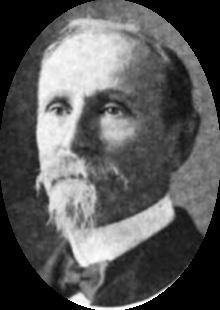
To learn more about what happened after Register Latham’s appointment, please be sure to read the next part of this article in an upcoming issue of the Memphis Lawyer.
16
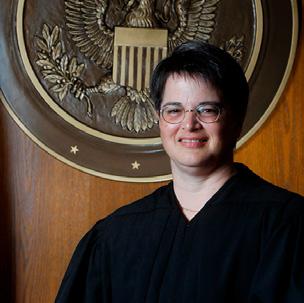
Jennie D. Latta is the Chief Bankruptcy Judge for the Western District of Tennessee. On March 6, 1997, she was appointed by the United States Court of Appeals for the Sixth Circuit to succeed Judge Bernice B. Donald. Judge Latta was reappointed to a second fourteen-year term on February 14, 2011, and also served a four-year term on the Bankruptcy Appellate Panel for the Sixth Circuit from 2003 to 2007. The author wishes to thank Rhoda H. Smith and Jennifer McGaugh for their invaluable assistance in the preparation of this history.
1 U.S. Const., art. I, § 8, cl. 4 (1787).
2 Act of January 31, 1797, ch. 2, 1 Stat. 496.
3 Act of April 29, 1802, ch. 31, § 16, 2 Stat. 156.
4 HISTORY OF THE SIXTH CIRCUIT: A BICENTENNIAL PROJECT, Published Under the Auspices of the Bicentennial Committee of the Judicial Conference of the United States, 34 (1976). A separate district judgeship for the Middle District of Tennessee was not created until 1922.
5 Bankruptcy Act of 1800, Ch. 19, 2 Stat. 19 (repealed by Ch. 6, 2 Stat. 248).
6 Charles Jordan Tabb, The History of the Bankruptcy Laws in the United States, 3 AM. BANKR. INST. L. REV. 5, 14 (1995).
7 The Tennessee Gazette, May 28, 1800, at 1.
8 Act of Aug. 19, 1841, section 1, 5 Stat. 440.
9 Tabb, 16-17.
10 Jackson Republican, July 22, 1842, p.3.
11 Knoxville Post, July 5, 1842, p. 2.
12 F.R. Noel, A History of the Bankruptcy Law, 146 (2003).
13 Id. at 147.
14 Act of 2 March 1867, section 11, 14 Stat. 521, amended 1874, 18 Stat. 182 (repealed1878).
15 Memphis Daily Appeal, July 13, 1867.
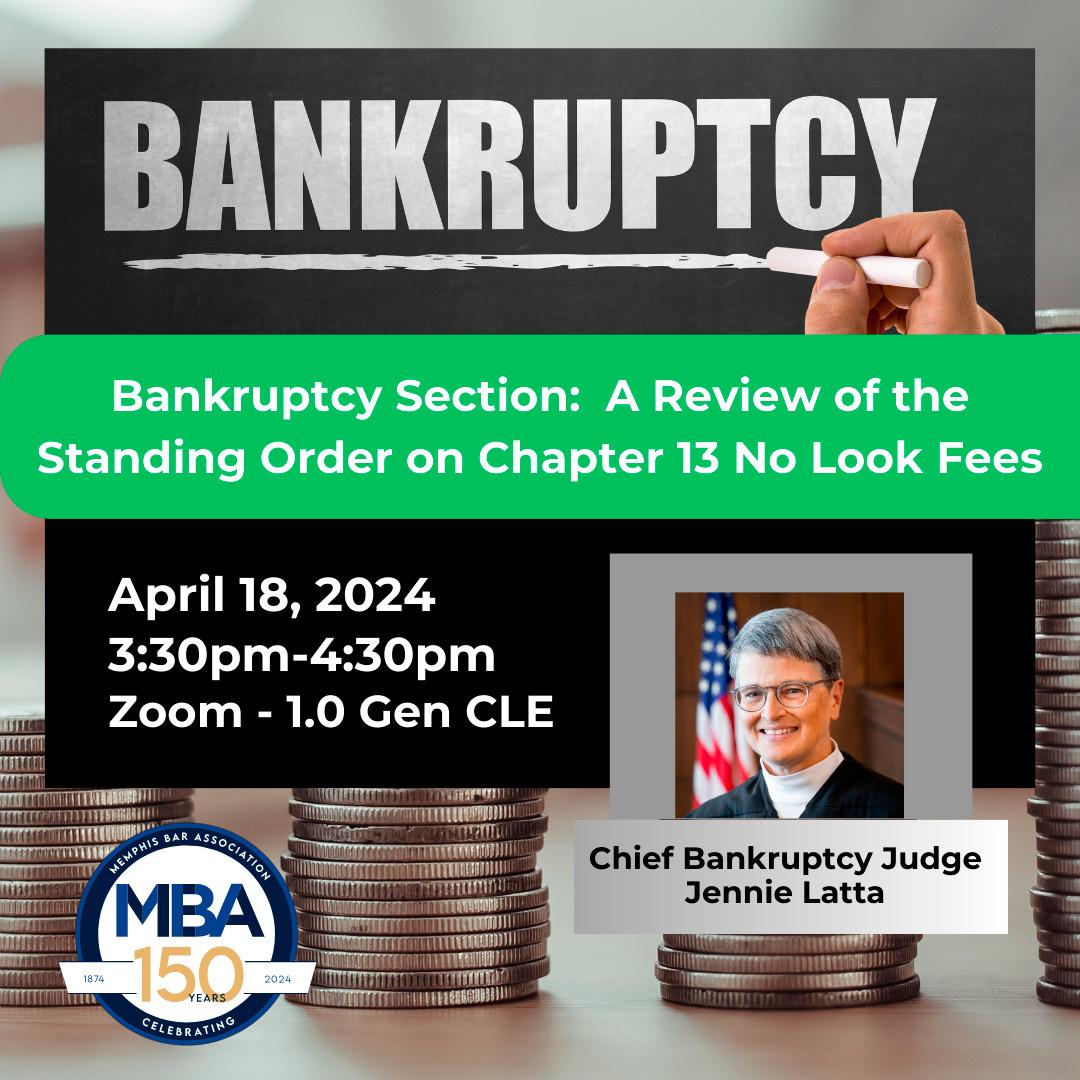
16 Memphis Daily Appeal, March 13, 1867, p.2.
17 Memphis Daily Appeal, July 26, 1867.
18 Memphis Daily Post, July 12, 1867.
19 Public Ledger (Memphis, Tennessee), April 20, 1876, p. 3.
20 Memphis Daily Appeal, Mar. 13, 1867; Apr. 30, 1867.
21 Memphis Daily Appeal, May 30, 1867.
22 Memphis Daily Post, October 10, 1867.
23 Memphis Daily Appeal, October 19, 1867.
24 Id
25 Public Ledger, October 21, 1867.
26 Memphis Daily Appeal, October 24, 1867, p. 4.
27 Memphis Daily Post, November 20, 1867, p. 8.
28 Memphis Daily Post, December 4, 1867, p. 4.
29 B.T., “The Register of Bankruptcy,” Memphis Daily Post, December 4, 1867, p. 4.
30 Memphis Daily Appeal, December 14, 1867, p. 2.
31 The Daily Memphis Avalanche, January 20, 1880, p. 4.
32 Memphis Daily Appeal, February 13, 1879, p. 4.
33 The Memphis Daily Avalanche, March 6, 1880, p. 4.
34 Public Ledger, July 10, 1880, p. 1; Memphis Daily Appeal, September 5, 1880.
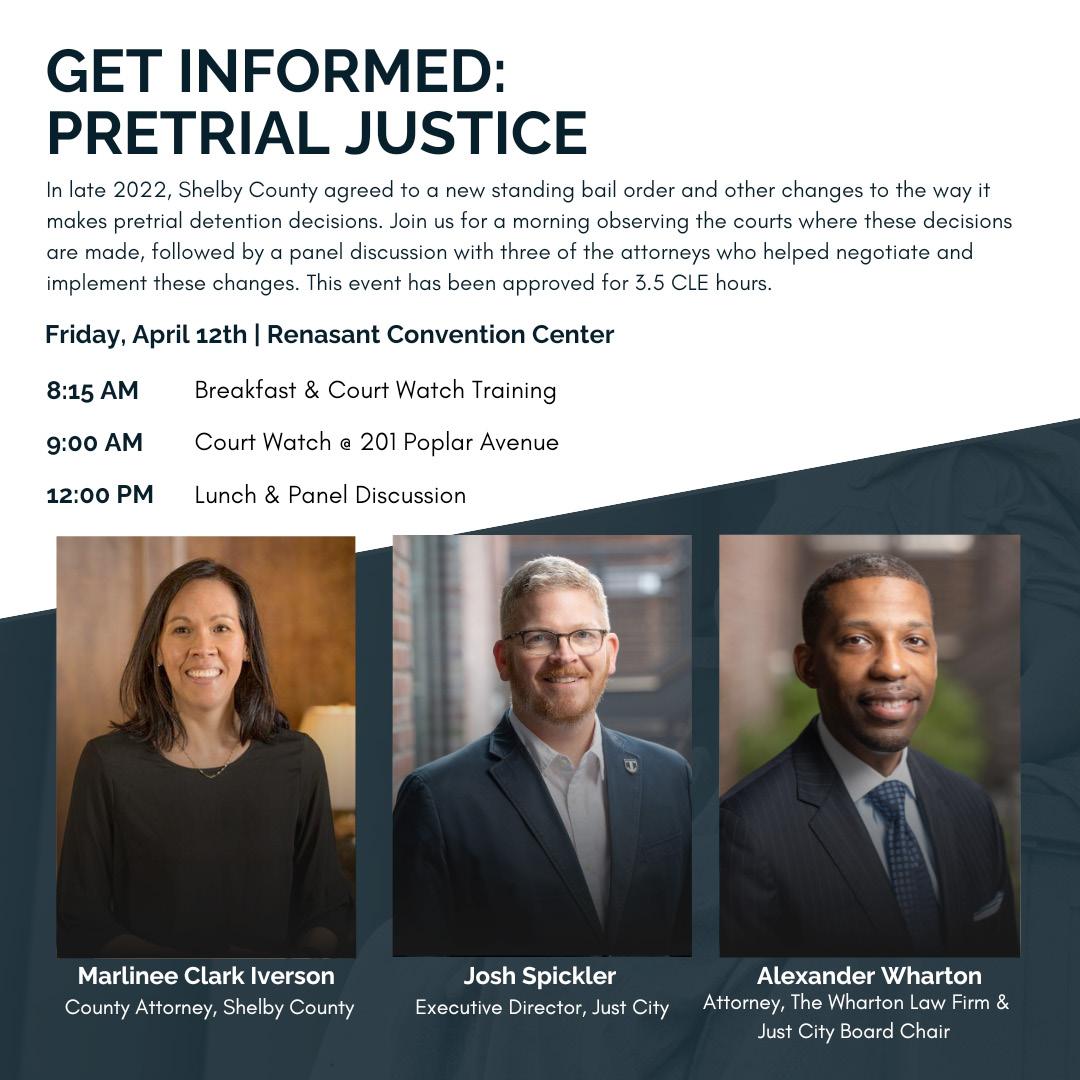

17

901.761.1622 HobsonRealtors.com HobsonRealtors.com
901.761.1622
Jennifer and Joel Hobson
Jennifer and Joel Hobson
Perspectives on Jurisprudence: Law Students on Navigating the Age of Artificial Intelligence in Legal Education and Practice
BY ALEXIS C. HIVNER, CARSON KLEPZIG, AND ANNIKA D. RUSH (AND CHATGPT)
On Day 1 of law school, we as law students learned that, no matter where we attend, people with different opinions pack law schools’ hallowed halls. This rule does not exclude opinions regarding generative artificial intelligence (AI). Should we use AI in law school, or is it too ethically ambiguous? What does it mean if we don’t learn how to use AI when we may use AI in our law practice after graduation? And how can we plan for AI’s impact on our future legal careers as we shift from law student to lawyer? Though the correct answer is always “it depends,” we will provide our perspectives on these questions further below.
I.Artificial Intelligence or Academic Integrity?
AI offers us a multitude of beneficial tools. Law students and lawyers alike can use AI to manage time more efficiently. AI assists with performing daily tasks such as managing calendars, setting reminders, and recommending edits to the tone of emails. AI analyzes the user’s daily routine to recommend an optimal schedule prioritized based on urgency. For law students, AI provides a powerful tool that can summarize notes into a succinct outline or quickly generate practice questions.
Despite these positive attributes of AI, its use in law schools implicates ethical concerns about biased results and academic integrity. The leading ethical concern of using AI in the legal field is the risk of bias, especially when AI’s output plays into administrative decisions that significantly impact others’ lives. AI technology necessarily requires underlying data to analyze and formulate a result. Thus, if the underlying data contains gender or racial biases, or is incomplete, AI’s results will be skewed, unreliable, and potentially biased. The incorrect application of AI in the law school setting could skew acceptance to law school, who successfully writes
onto law review, who pairs best with which professor for graduate assistant placements, and considerably more.
For us, the academic-integrity question remains: is it cheating if we use AI? Chief Justice of the Honor Council at Memphis Law, Anthony Self, says probably not—but with a caveat: the student must attach a Certificate of AI Use to the assignment and appropriately cite the AI in the written work product. Failing to certify AI use or properly cite AI could result in an Honor Code violation.1 We believe that student’s Certificates of AI Use should include the prompts the student submitted to AI.
AI has carried its ethical implications through the doors of Memphis Law. To address any remaining ambiguities, professors should consider addressing AI use in their syllabus. Professors could prohibit the use, but we believe that the better approach would be for professors to permit the use of AI if students properly certify and cite such use. An adjunct professor at Memphis Law, Audrey Calkins, followed the second approach in her Pre-Trial Litigation class, allowing the use of AI for assignments associated with her class so long as it included a Certificate of AI Use. The results were both helpful and successful: AI wrote drafts of the introduction and conclusion paragraphs of my assignments, crafted definitions for my

19
discovery requests, and even suggested an outline for an oral argument on a motion to compel. Using AI in law school enriches our legal education because AI is a tool we expect and even intend to encounter in practice.
II.Law Students Need to Practice Using AI to Develop Legal Skills
Law students must recognize and understand how AI will shape legal practice areas. Just as the legal profession evolved from book-based to Westlaw- and Lexis-based online legal research, in-office facetime exceptions to widespread acceptance of remote work, and bankers boxes in file rooms to cloud-based document storage and file management, its evolution will include the next step: the implementation of AI in everyday law practice.
We believe that AI will impact our law practice every day in reviewing documents, drafting motions, predicting the outcome of motions or trials, and helping lawyers learn new areas of law (or other subject matter applicable to their cases, such as medical conditions at issue in a medical malpractice case). First, reviewing a voluminous document produced by opposing counsel, or conducting due diligence in the corporate context, may pose a financial challenge for clients. If the reviewing attorney uses AI, it could provide a deeper analysis than other technology-assisted review because AI can swiftly analyze and highlight key issues. This ability reduces costs and mitigates the risk of human error during document review. Though questions of confidentiality are brought to the surface as concerns rise from the learning nature of AI, lawyers can input the documents, acting with caution as to not disclose confidential information, and tell AI what to look for while analyzing them.
Second, legal research can be challenging for associates and expensive for clients. AI, especially newer versions like Chat GPT 4 and DALL•E, can search the internet for full case opinions, predict outcomes, and draft motions or briefs. Thus, AI would not only streamline legal research, but also provide cost-effective, data-driven insights for strategic decisionmaking.2 For example, AI may provide lawyers with insight on whether to take a
case based on the likelihood of success at various stages of litigation. To do this, lawyers can summarize the facts and use the following prompt for AI: “use the internet to find cases like this one and create a legal argument while predicting a likely outcome.” At the moment, AI cannot search Westlaw or Lexis; however, AI can search websites that do not require a subscription such as law.justia.com. Lawyers may develop a more thorough understanding of individual cases by inputting a case cite into AI and telling it to “explain this in layman’s terms.” As a law student, that formula helped substantially when reading complex cases regarding tax law. Finally, lawyers routinely must learn new topics to build their cases, such as accounting, financial modeling, medical diagnoses and treatments, standards of care, and business strategies. AI can serve an educational purpose to expand lawyers’ knowledge base, for example, a mergers and acquisitions lawyer may be able to impress a client with her ability to articulate specific financial or business strategies relating to the client’s unique case because the lawyer used AI to teach her about those strategies.
Because we anticipate that AI will serve these functions (and more) in our future law practices, we believe that law students need more practice in law school to understand both the why and how behind AI.


20
Law students who learn to use AI will realize that it can work together with other aspects of law school — how to write like a lawyer, how to interpret a case and blackletter law, how to issue spot, how to think like a lawyer, etc. Understanding the concept and function of AI as a law student will prepare us for the new era of AI in the legal field. As we look to the future, “AI won’t replace lawyers, but lawyers who use AI will replace lawyers who don’t.” 3
III.A Prospective Perspective on AI
We often look to the future in law school: graduation, bar prep, the dreaded bar exam, our first official jobs, bar exam scores being released, swearing-in ceremonies, and much more. The closer we get to actually practicing law, the more we want to plan for what our practice will look like. From growing concern on how to regulate AI’s impact on the bar exam to the existence of postgraduation employment opportunities, AI brings a different set of challenges to the table for law students as we try to appear as invaluable individuals in this challenging and ever changing legal job market.
The discussion of how to regulate AI permeates not only CLEs, but classrooms. On March 13, 2024, the European Parliament adopted the Artificial Intelligence Act (AI Act), which is considered to be the world’s first comprehensive horizontal legal framework for AI.4 The AI Act requires the company producing the AI generator to “publish high-level descriptions [of the content used for training] to allow third parties to determine whether model providers have trained their models on lawfully accessible data sources.”5
In contrast, the United States has taken a decentralized approach. With no regulation in sight within the immediate future from Congress, the Copyright Office has issued a notice of inquiry in the Federal Register6 and agreed that the D.C. District Court’s holding that content generated solely by AI cannot be copyrighted was the “correct result.”7 As discussed in Intellectual Property Survey with adjunct professor Douglas Halijan this Fall, currently AI cannot be designated as the “author” of a copyrighted work, but as AI interfaces continue to evolve and learn, even that may change. As to guidance regarding AI use, the White House Office of Science and Technology Policy published a “Blueprint for an AI Bill of Rights” identifying five principal guidelines for AI to “help provide guidance whenever automated systems can meaningfully impact the public’s rights, opportunities, or access to critical needs.”8
In light of this government regulation (or lack thereof), we also question how AI may change the most important exam of our lives: the bar exam. With AI interfaces simpler and more accessible than ever before, we worry that bar exam topics, particularly criminal procedure, will change quickly—even during the study period between graduation and the exam. The use of generative AI in predictive policing, behavioral analysis, risk assessment, and other areas of law enforcement will likely bring up questions of constitutionality and coder-bias.9 Additionally, as the bar exam once adapted to add the Multistate Performance Test and now shifts to test legal research and writing tasks through “longer writing tasks,” the question becomes whether testing writing tasks is even accurate without the use of functionalities such as AI if we rely on it too much.10 As the future of the bar exam changes, we may need to modify our study habits to include staying knowledgeable about legal changes regarding AI.
As we begin studying for the bar exam, the fear that AI will usurp our jobs lurks in the back of our minds. Based on “market conditions,” Perkins Coie, Reed Smith, and Kirkland & Ellis have laid off or deferred associate classes in 2023.11 We expect that some post-graduation positions will still exist in fall 2024, but the interplay of “market conditions” and generative AI exacerbates our fear that inherently fewer opportunities will exist for us and other new attorneys going forward. Firms will not need to hire an untrained new lawyer when already proficient attorneys and paralegals can perform the same work more efficiently with the help of AI. However, AI has not advanced to the state where it serves as a sufficient replacement for the interpersonal aspects of the legal field. Thus, maybe instead of a thing to fear, we as law students can view AI as a tool which can make us invaluable as we enter the legal market if we improve our proficiency with it while in law school.
Ultimately, with courts in Hawaii, Illinois, Missouri, New York, Ohio, Oklahoma, Pennsylvania, Texas, and at least one professor at Cecil C. Humphreys School of Law requiring a “Certificate of AI Use,” regardless of what any of us think about AI, it is here to stay.12 As such, we asked ChatGPT to conclude this discussion–you decide if you think this particular AI use was worth it:
The infusion of artificial intelligence (AI) into law schools initiates profound ethical reflections on bias and academic integrity, prompting contemplation

21
on whether AI use challenges the essence of scholarly pursuits. As the legal profession embraces AI for tasks like document review, existential concerns surface about its impact on traditional job roles, invoking philosophical inquiries into the evolving nature of legal practice. The prospect of AI influencing the bar exam introduces a philosophical exploration of societal shifts and the essence of justice in an increasingly technologically mediated legal system. In navigating this transformative epoch, law students and aspiring lawyers are compelled to engage in a philosophical discourse, balancing the promises of AI efficiency with ethical considerations, and pondering the metaphysical implications of its integration into the fabric of legal practice.

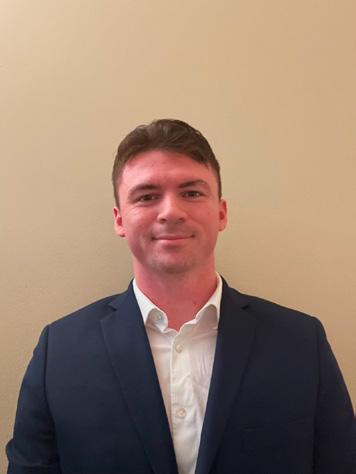

Alexis “Lexi” C. Hivner, a 3L at The University of Memphis Cecil C. Humphreys School of Law, is a Memphis native who received her undergraduate degree from The University of Alabama. After working at Walt Disney World as a performer, her passion for helping others and interests in academic writing and solving complex issues led her to a career in the legal field. Lexi is honored to currently serve as a Student Ambassador for Memphis Law, Research Assistant to Professor Katy Ramsey Mason, Research Editor on The University of Memphis Law Review, and the Public Relations Representative for the Sports and Entertainment Law Society.
Carson Klepzig, a 3L at The University of Memphis Cecil C. Humphreys School of Law, is from Olive Branch, Mississippi. Carson received an undergraduate degree in finance while taking on the challenges of being a student-athlete at the University of Mississippi and the University of Louisiana-Monroe. Carson is honored to have completed an externship with the United States Bankruptcy Court for the Western District of Tennessee. He is also honored to be a member of the Business and Tax Law Society and the Duberstein Bankruptcy Moot Court Team. Carson's passion is to pursue a meaningful legal career where he can apply his financial background to help his clients in the most efficient manner possible.
Annika D. Rush, a 3L at The University of Memphis Cecil C. Humphreys School of Law, considers herself a Memphis transplant since moving to the city in 2015 to pursue her undergraduate degree at The University of Memphis. Annika is honored to serve the student body as the Student Bar Association Director of Events and Past-President of the Association for Women Attorneys. She is a member of the Moot Court Board and a Regional Champion of the National Trial Competition.
1 The Honor Code at Memphis Law defines plagiarism as: “The adoption or reproduction of ideas, words, statements, images, or works of another person as one’s own without proper attribution . . . .” The University of Memphis Cecil C. Humphreys School of Law, Academic Regulations, Regulation 21.4(c), available at academic_regulations_through_ august_2023.pdf
2 See, e.g., Jay Spoehel, Will AI replace lawyers? Two legal experts weigh in, FOX BUS. (April 11, 2023 6:03 PM), https://www.foxbusiness. com/technology/artificial-intelligence-replace-lawyers-two-legal-expertsweigh-in
3 Natalie Pierce & Stephanie Goutos, ChatGPT Doesn’t Have Ethical Obligations, But Attorneys Do, BLOOMBERG L. (July 11, 2023 3:00 AM), https://news.bloomberglaw.com/us-law-week/chatgpt-doesnthave-ethical-obligations-but-attorneys-do#
4 Artificial Intelligence Act: MEPs Adopt Landmark Law, Press Release, European Parliament (Mar. 13, 2024), https://www.europarl.europa. eu/news/en/press-room/20240308IPR19015/artificial-intelligence-actmeps-adopt-landmark-law
5 Id.
6 Copyright Office Issues Notice of Inquiry on Copyright and Artificial Intelligence, U.S. COPYRIGHT OFFICE (Aug. 30, 2023), https:// www.copyright.gov/newsnet/2023/1017.html

7 Blake Brittain, AI-generated art cannot receive copyrights, US court says, Reuters (Aug. 21 2023 1:29 PM), https://www.reuters.com/legal/ ai-generated-art-cannot-receive-copyrights-us-court-says-2023-08-21/
8 Blueprint for an AI Bill of Rights, THE WHITE HOUSE, https:// www.whitehouse.gov/ostp/ai-bill-of-rights/ (last visited Dec. 13, 2023)
9 David Badertscher, The Potential for Using Generative AI to Help Regulate Criminal Behavior, Criminal L. Library Blog (Sept. 5, 2023), https://www.criminallawlibraryblog.com/ the-potential-for-using-generative-ai-to-help-regulate-criminalbehavior/#:~:text=Behavioral%20Analysis%3A%20Generative%20 AI%20could,targeted%20interventions%20and%20prevention%20 strategies
10 Your Guide to the NextGen Bar Exam Changes in 2026, KAPLAN, https://www.kaptest.com/study/bar/new-next-gen-bar-exam/, (last visited Dec. 14, 2023).
11 ALM Staff, Big Law Continues to Face Layoffs, Deferrals Amid Depressed Demand, LAW.COM (June 14, 2023 3:09 PM), https:// www.law.com/americanlawyer/2023/06/14/big-law-continues-to-facelayoffs-deferrals-amid-depressed-demand/.
12 Jessiah Hulle, AI Standing Orders Proliferate as Federal Courts Forge Own Paths, BLOOMBERG L. (Nov. 8, 2023, 3:30 AM), https:// news.bloomberglaw.com/us-law-week/ai-standing-orders-proliferate-asfederal-courts-forge-own-paths
22
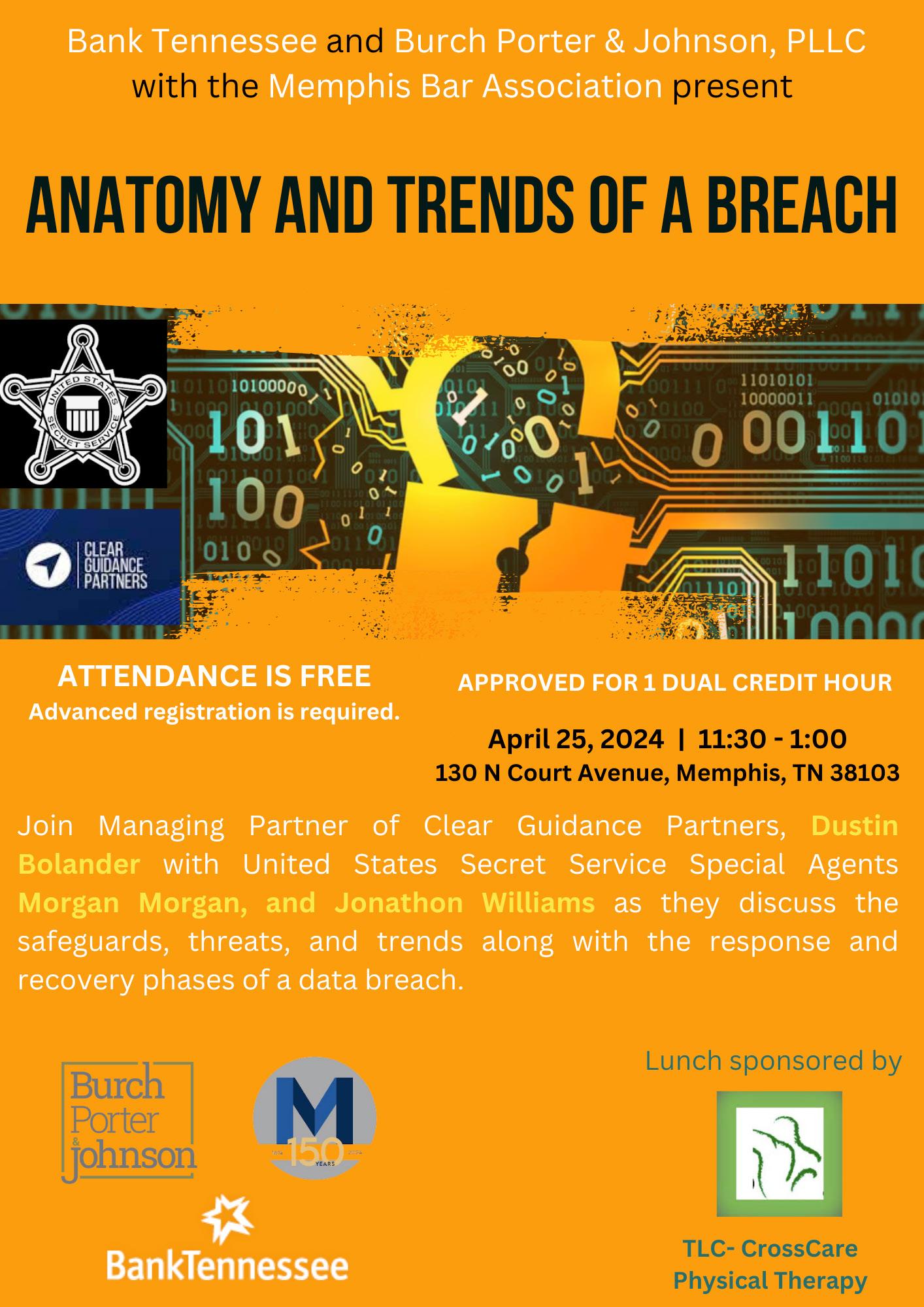

23
PROTECTING WORKERS RIGHTS: STOPPING THE OVERREACH AND ABUSE OF NON-COMPETES
(2023 Non-Compete Law, Proposed New FTC Rule, and NLRB Decision)
BY MAUREEN TRUAX HOLLAND
2023
saw a rise in the call-to-action for stopping the overreach and abuse of non-compete clauses on a national level. The Federal Trade Commission proposed a new Rule to ban noncompetes, and the National Labor Relations Board issued a Decision, and its General Counsel issued a Memo emphatically stating that non-competes violate the National Labor Relations Act.
In my many years of practice, too often employees believe they cannot safely challenge a noncompete, no matter how unreasonable and overreaching; and therefore give up wages and work opportunities to their great detriment. Litigation is expensive. So, even those who do want to challenge their non-compete are deterred by the cost of such a challenge. By having federal prohibitions on non-competes, employees may be better supported in their ability to seek gainful employment within their chosen career path.
Below is a short summary and Q &A of current non-compete law.
ABA MODEL RULE 5.6 RESTRICTIONS ON RIGHT TO PRACTICE
Maybe your first question as an attorney might be, “Does this affect me?” “Can my employer make me sign a non-compete?”
Not likely, is the answer. The ABA Model Rule 5.6 prohibits lawyers from participating in “offering or making” an employment agreement (or partnership, shareholder, or operating agreement) that “restricts the right of a lawyer to practice after termination of the relationship” except that such a restriction may be allowed upon retirement of an attorney.1
QUICK REVIEW OF EMPLOYMENT RESTRICTIVE COVENANTS:
What is a restrictive covenant?
A written agreement/promise whereby an employee leaving company A agrees not to go to any competing

company B-Z (non-compete), or not to take A’s customers or employees (non-solicitation), or not to use A’s information gained on the job (non-disclosure/ confidentiality), is known as a restrictive covenant. This article’s focus is on the covenant not to compete, a noncompete agreement/clause.2
WHERE DO YOU FIND A NONCOMPETE AGREEMENT/CLAUSE?
When someone (a client, for example) says they might have a non-compete, where do you look to find it?
The non-compete agreement/clause has become ubiquitous and seeps into employment agreements, sale of business agreements, settlement agreements and most often in severance agreements. Whether fair, unfair, abusive, or simply unnecessary, employers tend to insert non-compete clauses into other documents or make employees sign them as a condition of employment.
24
TENNESSEE NON-COMPETE LAW
Are non-competes legal in Tennessee?
Maybe, and maybe not is the short answer. Tennessee’s statutory law does not make non-competes per se illegal. Instead, it prohibits contracts that restrain trade in interstate commerce3 (following the 1890 Sherman Antitrust Act,15 USC 1, et. seq.). While recognizing that non-competes are a restraint on trade, and therefore “disfavored” and construing them in favor of employees, some non-competes may be legal when viewed under the Tennessee common law reasonableness approach.4 A Tennessee Court may under the totality of the circumstances, consider: whether the non-compete is sufficiently narrowly tailored; whether there are “special facts over and above ordinary competition” (as ordinary competition is allowed) protecting a legitimate business interest5; and whether the geographic/territorial limitations are constrained to what is necessary6.
SPECIAL TREATMENT OF HEALTHCARE PROVIDERS IN TENNESSEE
My doctor left the practice and now I have to travel to another county if I want to see her. Is that legal?
Maybe. Tennessee has specific non-compete laws for healthcare providers, like physicians. Tenn. Code Ann. § 65-1-148, et seq., directs that employment restrictions are allowed and are “deemed reasonable” if the restrictions meet certain criteria, including duration of two (2) years or less, maximum geographic restrictions of ten (10) miles or the county where the primary practice of the former employer is located (whichever is greater), and with an exception for “physicians who specialize in the practice of emergency medicine.”
AMA CODE OF MEDICAL ETHICS, 11.2.3.1, RESTRICTIVE COVENANTS
Has the AMA taken a position on non-compete agreements?
The American Medical Association (AMA) house of delegates met in the summer 2023 and adopted policies to prohibit covenants not to compete for all physicians in clinical practice, whether for profit or not for profit hospitals.7 Under the AMA Code of Medical Ethics, non-competes can “disrupt continuity of care, and may limit access to care.” Physicians are encouraged
not to enter into those that are unreasonable in terms of geographic area and duration, and those that do not “make reasonable accommodation for patients’ choice of physician.”8
PRESIDENT OBAMA SOUNDED THE ALARM REGARDING NON-COMPETES
Didn’t President Obama create a call-to-action for state policy makers to ban non-compete agreements for some workers?
Yes.9 In 2016, under President Obama, a report was generated showcasing the negative impact on workers’ wages in states where non-competes were enforced.10 President Obama signed an Executive Order directing Agencies to promote competition through “pro-competitive rulemaking and regulations.”11 The United States Department of Treasury also reviewed and reported on “Non-Compete Contracts Economic Effects and Policy Implications” in 2016.12 In its report, the Treasury Department noted that with 30 million workers covered in 2016, the “prevalence of such agreements raises important questions about how they affect worker welfare, job mobility, business dynamics, and economic growth more generally.”
FEDERAL TRADE COMMISSION PENDING RULE BANNING NON-COMPETES
Did the FTC ban all non-competes?
Not yet. In January 2023, the Federal Trade Commission, estimating an increase in workers’ earnings of between $250-$296 billion dollars, proposed a Rule “preventing employers from entering into noncompete clauses with workers and requiring employers to rescind existing non-compete clauses.”13 The Proposed Rule additionally tackles any non-disclosure agreement “written so broadly that it effectively precludes the worker from working in the same field after the conclusion of the worker’s employment,” and addresses the return of “training costs” after employment. The Proposed Rule is “based on a preliminary finding that non-competes constitute an unfair method of competition, and therefore, violate Section 5 of the Federal Trade Commission Act.” The FTC has not voted on the Proposed Rule, and there is some expectation that the FTC may vote in April 2024 after receiving 27,000 comments.14

25
THE US GAO AND NON-COMPETE AGREEMENTS
Isn’t there a congressional “watchdog” agency that provides independent, non-partisan information to congress and federal agencies regarding the use of taxpayer dollars? If so, what facts have they posted about non-competes?
Yes, the U.S. Government Accountability Office (GAO) is a non-partisan agency that works for Congress and provides Congress and federal agencies fact-based information.15 The GAO posted in May 2023, Noncompete Agreements: Use is Widespread to Protect Business' Stated Interests, Restricts Job Mobility, and May Affect Wages. 16 Following review of two “nationally representative studies,” the GAO reviewed studies and found that 18 percent of workers are currently subject to non-compete agreements, 38 percent of workers have been subject to them, and non-competes restrict job mobility, and may reduce wages and new firm creation.
NATIONAL LABOR RELATIONS BOARD ISSUES DECISION IN MCLAREN MACOMB
Doesn’t the NLRA only apply to Unions? So, why do I keep hearing about the McLaren Macomb Decision and NLRB memo on noncompetes?
The National Labor Relations Act (NLRA) is a 1935 law encouraging collective bargaining and “freedom of association.” 17 The NLRA applies to most non- government employers with a workplace in the United States, including “non-profits, employeeowned businesses, labor organizations, non-union businesses, and businesses in states with ‘Right to Work’ law.” 18 The NLRA covers “employees in the private sector;” and not “government employees, agricultural laborers, independent contractors, and supervisors (with limited exceptions).” 19
In February 2023, the National Labor Relations Board (NLRB) issued a decision “returning to longstanding precedent” which held that “employers may not offer employees severance agreements that require employees to broadly waive their rights under the National Labor Relations Act.”20 In this decision, McLaren Macomb and Local 40 RN Staff Council, Office and Professional Employees, International Union
(OPEIU), AFL–CIO. Case 07–CA– 263041, the NLRB determined that offering severance agreements to furloughed employees (that prohibit them from making “disparaging” statements or from disclosing the terms of the severance agreement) unlawfully restricts Section 7 rights and violates Section 8(a)(1) under the National Labor Relations Act .21 The McLaren Macomb Decision overruled Baylor University Medical Center, 22 and IGT d/b/a International Game Technology. 23
The NLRB determined that “discussing terms and conditions of employment with coworkers lies at the heart of protected Section 7 activity,” that “the Board has repeatedly affirmed that such rights extend to former employees,” that “Section 7 protections extend to employee efforts to improve terms and conditions of employment or otherwise improve their lot as employees through channels outside the immediate employee- employer relationship,” and which “channels include administrative, judicial, legislative, and political forums, newspapers, the media, social media, and communications to the public that are part of and related to an ongoing labor dispute.”24 “Examining the language of the severance agreement here, we conclude that the nondisparagement and confidentiality provisions interfere with, restrain, or coerce employees’ exercise of Section 7 rights.”25
NON-DISPARAGEMENT
Did the NLRB provide specific analysis as to why the non-disparagement provision violated the NLRA?
Yes, the NLRB, inter alia, determined that the “non-disparagement provision on its face substantially interferes with employees’ Section 7 rights” because “[p] ublic statements by employees about the workplace are central to the exercise of employee rights under the Act.” The Board found that the broad prohibition – “not even limited to matters regarding past employment with the Respondent'' was so “comprehensive” that it “would encompass employee conduct regarding any labor issue, dispute, or term and condition of employment of the Respondent” goes directly against the clear right under the Act of an “employee [to] critique of employer policy…subject only to the requirement that employees' communications not be so ‘disloyal, reckless or maliciously untrue as to lose the Act's protection.’”26

26
Did the NLRB provide specific analysis as to why the confidentiality provision violated the NLRA?
Yes, the Board found, inter alia, that the “confidentiality provision has an impermissible chilling tendency on the Section 7 rights of all employees because it bars the subject employee from providing information to the Board concerning the Respondent’s unlawful interference with other employees’ statutory rights.” It went on to state that, “[t]he confidentiality provision would also prohibit the subject employee from discussing the terms of the severance agreement with his former coworkers who could find themselves in a similar predicament facing the decision whether to accept a severance agreement…[and thus], the confidentiality provision impairs the rights of the subject employee’s former coworkers to call upon him for support in comparable circumstances.”28 “A severance agreement is unlawful if it precludes an employee from assisting coworkers with workplace issues concerning their employer, and from communicating with others, including a union, and the Board, about his employment.”29
NLRB GENERAL COUNSEL MEMO
What does the NLRB GC Memo have to do with non-compete agreements?
The NLRB General Counsel is appointed for a four (4) year term by the President. The GC is independent from the NLRB and “responsible for the investigation and prosecution of unfair labor practice cases and for the general supervision of the NLRB field offices in the processing of cases.”30 NLRB General Counsel Abruzzo issued a Memo 23-08 in May 2023 to all 26 Regional Directors expressing the GC’s view that “the proffer, maintenance, and enforcement of a non-compete provision that reasonably tends to chill employees from engaging in Section 7 activity as described above violates Section 8(a)(1) unless the provision is narrowly tailored to special circumstances justifying the infringement on employee rights.”31
The GC states that “non-compete provisions that could reasonably be construed by employees to deny them the ability to quit or change jobs by cutting access to other employment opportunities chill employees from engaging in five specific types of activity protected under Section 7
of the Act.” Non-compete provisions 1) “chill employees from concertedly threatening to resign to demand better working conditions”; 2) “chill employees from carrying out concerted threats to resign or otherwise concertedly resigning to secure improved working conditions”; 3) “chill employees from concertedly seeking or accepting employment with a local competitor to obtain better working conditions”; 4) “chill employees from soliciting their co-workers to go work for a local competitor as part of a broader course of protected concerted activity”; and 5) “chill employees from seeking employment, at least in part, to specifically engage in protected activity with other workers at an employer’s workplace.”32 In considering employer justifications, the NLRB GC states, “[i]t is unlikely an employer’s justification would be considered reasonable in common situations where overbroad non-compete provisions are imposed on lowwage or middle- wage workers who lack access to trade secrets or other protectible interests, or in states where non-compete provisions are unenforceable.”33 The NLRB GC does recognize that some non-competes may not violate the NLRA, “because employees could not reasonably construe the agreements to prohibit their acceptance of employment relationships subject to the Act’s protection, for example, provisions that clearly restrict only individuals’ managerial or ownership interests in a competing business, or true independentcontractor relationships.”34 “Moreover, [the NLRB GC states] there may be circumstances in which a narrowly tailored non-compete agreement’s infringement on employee rights is justified by special circumstances.”35 The NLRB GC directs the Regional Directors in appropriate circumstances, to “seek make-whole relief for employees who, because of their employer’s unlawful maintenance of an overbroad non-compete provision, can demonstrate that they lost opportunities for other employment, even absent additional conduct by the employer to enforce the provision.”36
SUPPORT, CRITICISM AND NEXT STEPS
While we await the decision by the FTC on its Proposed Rule, commentators have provided support for the NLRB Decision and GC’s Memo37, while others have attacked the NLRB hoping it to be declared unconstitutional.38
The answer for me is obvious: central to the work we do as attorneys, and as NELA’s Vision statement reads,39 we work towards “a future in which all workers are treated with dignity and respect; [where] workplaces

27 CONFIDENTIALITY
are equitable, diverse, and inclusive; and [where] the wellbeing of workers is a priority in business practices.” To achieve this vision, employees must be allowed to work together, where they can speak out and speak up to improve work conditions, and stop overreaching and abusive noncompetes. Although technically “disfavored” in Tennessee, non-compete agreements still act as a barrier to workers’ rights, wages and employment opportunities. Passage of the FTC Rule would solidify that they are “disfavored.” In the words of Captain Picard, “make it so!”
1 https://www.americanbar.org/groups/professional_responsibility/ publications/model_rules_of_professional_conduct/rule_5_6_ restrictions_on_rights_to_practice/
2 If you are interested in learning more about the history of covenants not to compete and some of the earlier cases in Tennessee following the enactment of TCA 47-25-101 prohibiting contracts restraining trade, you can read more here - https://ir.law.utk.edu/cgi/viewcontent. cgi?article=1588&context=utklaw_facpubs
3 TCA 47-25-101 (2024), “Trusts, etc., lessening competition or controlling prices unlawful and void. All arrangements, contracts, agreements, trusts, or combinations between persons or corporations made with a view to lessen, or which tend to lessen, full and free competition in the importation or sale of articles imported into this state, or in the manufacture or sale of articles of domestic growth or of domestic raw material, and all arrangements, contracts, agreements, trusts, or combinations between persons or corporations designed, or which tend, to advance, reduce, or control the price or the cost to the producer or the consumer of any such product or article, are declared to be against public policy, unlawful, and void.” This statute was originally an 1891 Act following the 1890 Sherman Antitrust Law, 15 USC 1, et seq.
4 Hasty v. Rent-A-Driver, Inc., 671 S. W.2d471, 472 (Tenn. 1984).
5 Vantage Tech., LLC v. Cross, 17 S.W.3d 637, 644 (Tenn. Ct. App. 1999).
6 Id at 646-7.
7 https://www.ama-assn.org/medical-residents/transition-residentattending/ama-backs-effort-ban-many-physician-noncompete.
8 https://policysearch.ama-assn.org/policyfinder/detail/%22restrictive%20 covenants%22?uri=%2FAMADoc%2FEthics.xml-E-11.2.3.1.xml.
9 https://obamawhitehouse.archives.gov/sites/default/files/competition/ noncompetes-calltoaction-final.pdf
10 https://obamawhitehouse.archives.gov/sites/default/files/non-competes_ report_final2.pdf. You can read more here
11 https://obamawhitehouse.archives.gov/the-press-office/2016/04/15/ executive-order-steps-increase-competition-and-better-informconsumers
12 https://home.treasury.gov/system/files/226/Non_Compete_Contracts_ Econimic_Effects_and_Policy_Implications_MAR2016.pdf
13 https://www.ftc.gov/legal-library/browse/federal-register-notices/noncompete-clause-rulemaking.
14 https://news.bloomberglaw.com/antitrust/ftc-expected-to-vote-in-2024on-rule-to-ban-noncompete-clauses.
15 https://www.gao.gov/about.
16 https://www.gao.gov/products/gao-23-103785.

Maureen Truax Holland is a civil rights, employment attorney and founding partner of Holland & Associates, PC. She gained notoriety for her work representing Tennessee Plaintiffs in the Obergefell v. Hodges case at the US Supreme Court which granted same-sex marriage equality.
17 https://www.nlrb.gov/guidance/key-reference-materials/national-laborrelations-act
18 https://www.nlrb.gov/about-nlrb/rights-we-protect/the-law/ jurisdictional-standards
19 https://www.nlrb.gov/resources/faq/nlrb#:~:text=Which%20 employees%20are%20protected%20under,supervisors%20(with%20 limited%20exceptions).
20 https://www.nlrb.gov/news-outreach/news-story/board-rules-thatemployers-may-not-offer-severance-agreements-requiring.
21 Section 7 of the NLRA guarantees employees "the right to selforganization, to form, join, or assist labor organizations, to bargain collectively through representatives of their own choosing, and to engage in other concerted activities for the purpose of collective bargaining or other mutual aid or protection," as well as the right "to refrain from any or all such activities."
(https://www.nlrb.gov/about-nlrb/rights-we-protect/the-law/interferingwith-employee-rights-section-7-8a1)
Section 8(a)(1) “makes it an unfair labor practice for an employer "to interfere with, restrain, or coerce employees in the exercise of the rights guaranteed in Section 7."(Id.)
22 369 NLRB No. 43 (2020).
23 370 NLRB No. 50 (2020).
24 McLaren Macomb, slip op. at 6.
25 McLaren Macomb, slip op. at 7.
26 McLaren Macomb, slip op. at 8.
27 McLaren Macomb, slip op. at 8.
28 McLaren Macomb, slip op. at 9.
29 McLaren Macomb, slip op. at 9.
30 https://www.nlrb.gov/bio/general-counsel
31 NLRB GC Memo page 4. You can find information about the memo and can download a copy here: https://www.nlrb.gov/news-outreach/ news-story/nlrb-general-counsel-issues-memo-on-non-competesviolating-the-national
32 NLRB GC Memo page 3-4.
33 NLRB GC Memo page 5.
34 NLRB GC Memo page 5.
35 NLRB GC Memo page 6.
36 NLRB GC Memo page 6.
37 https://www.thenation.com/article/society/jennifer-abruzzo-nationallabor-relations-board/
38 https://fedsoc.org/commentary/fedsoc-blog/is-the-nlrbunconstitutional-the-courts-may-finally-decide
39 https://www.nela.org/about/. I am also a Board member of NELA.

28


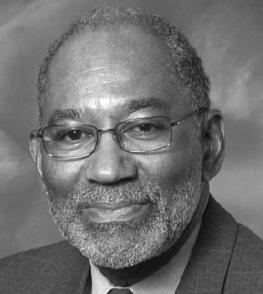
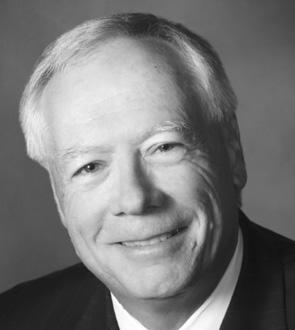
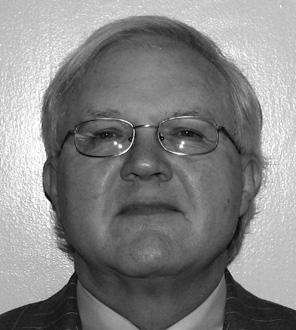


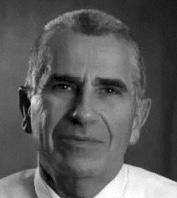
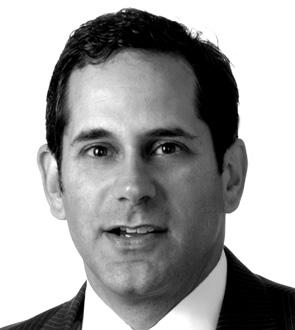
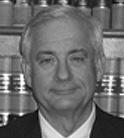
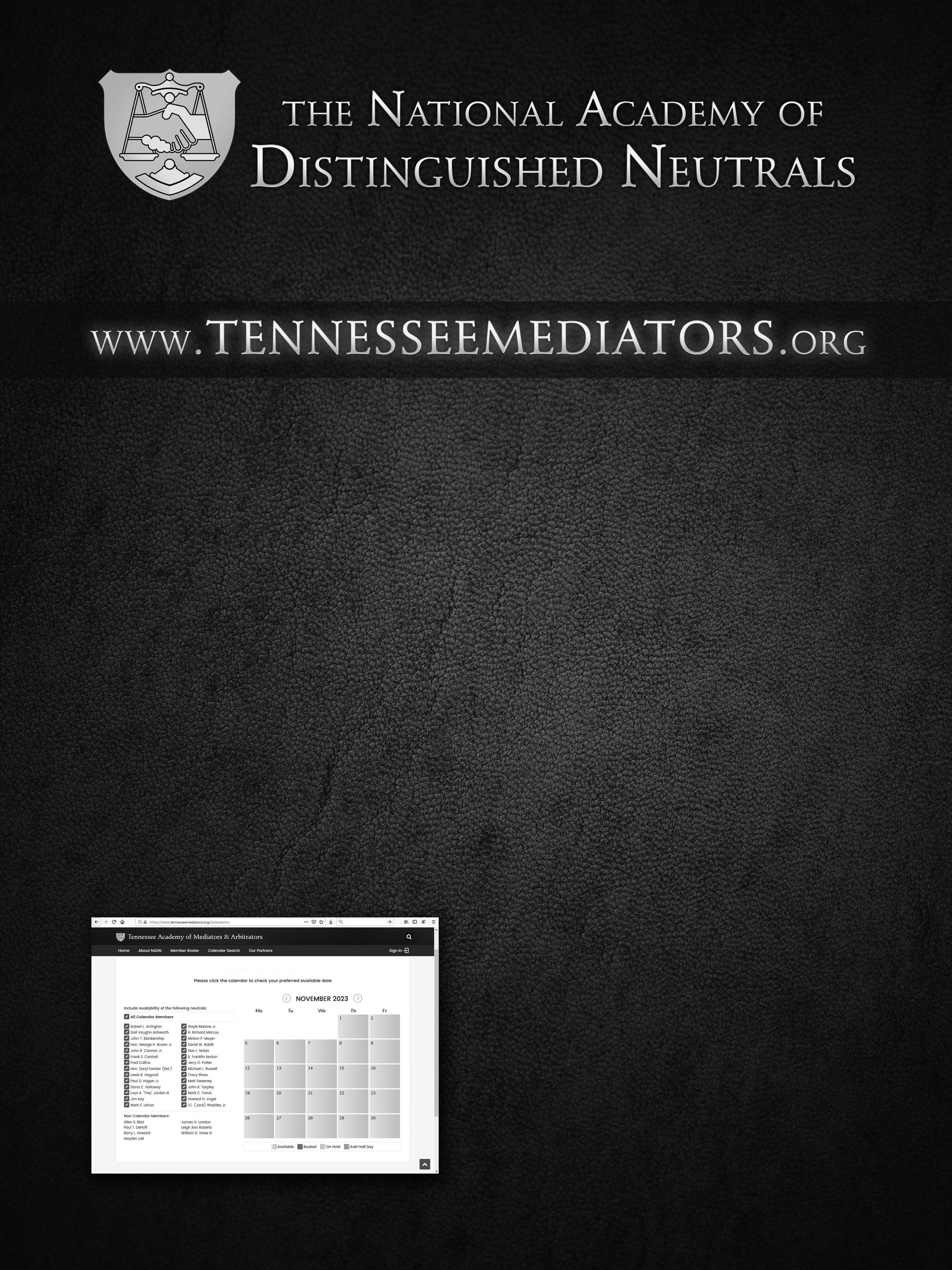

29 Allen BLAIR (901) 820-4347 George BROWN (901) 523-2930 John CANNON (901) 328-8227 Fred COLLINS (731) 686-8355 Hayden LAIT (901) 230-4990 Jerry POTTER (901) 525-1455 Memphis Area Members recognized for Excellence in the field of Mediation or Arbitration TENNESSEE CHAPTER Trey JORDAN (901) 526-0606 Minton MAYER (615) 248-3605 Check preferred dates or schedule appointments online directly with the state’s top mediators & arbitrators. www.TennesseeMediators.org is entirely free, funded by our members Gayle ASHWORTH (615) 254-1877 Janice HOLDER (901) 527-3765
The General Counsel Of The NLRB’s Misguided Attempt To Federalize State Non-Compete Law
BY TOM HENDERSON
Tennessee, as do most other states, recognizes that in appropriate circumstances, non-compete agreements between an employer and its employees under which employees agree not to work for the employer’s competitors for a specified period of time are lawful and enforceable under state law.
On May 30, 2023, the General Counsel of the National Labor Relations Board (NLRB) published a memo contending that such agreements are unlawful under Section 7 of the National Labor Relations Act (NLRA), regardless of state law, with very limited exceptions. If the NLRB adopts that contention as law, the proffer, maintenance, or enforcement of any such agreements would be unlawful under federal law.
The NLRB should reject the General Counsel’s invitation to federalize non-compete law. First, current state and federal laws already adequately protect the interests of the employees. Second, the NLRB is not the proper entity to adjudicate these issues. The issues do not involve conduct protected by the NLRA. In addition, the issues presented in these cases are not within the Board’s jurisdiction. If adopted by the Board, this will inevitably result in unsettled law and unpredictable results.
GC MEMO 23-08
On May 30, 2023, the General Counsel published her position that the “proffer, maintenance, and enforcement” of non-compete agreements violate § 8(a) (1) of the Act because such agreements interfere with employees’ exercise of Section 7 rights. According to the memo, non-competes “reasonably tend[] to chill employees in the exercise” of those rights unless they are “narrowly tailored to address special circumstances justifying the infringement on employee rights.”
Non-competes chill employees’ ability to exercise their Section 7 rights, the memo says, because (1) employees know they will have greater difficulty replacing their lost income if they are discharged for exercising their statutory rights to organize and act together to improve working conditions”; (2) employees’ “bargaining power is undermined in the context of lockouts, strikes and other labor disputes”; and, (3) an employer’s “former employees are unlikely to reunite at a local competitor’s workplace” to exercise Section 7 rights at the new employer.

The activities chilled, the memo states are (1) concertedly threatening to resign to demand better working conditions; (2) concertedly carrying out threats to resign; (3) concertedly seeking or accepting employment with a local competitor to obtain better working conditions; (4) soliciting co-workers to go work for a local competitor as part of a broader course of protected, concerted activity; and, (5) seeking employment, at least in part, to specifically engage in protected activity with other workers at an employer’s workplace.
As for an employer’s interest in having non-competes, a desire to avoid competition from the former employee is not a legitimate business interest. Nor is protecting investments in training employees. Proprietary or trade secret information “can be addressed by narrowly tailored workplace agreements that protect those interests. Low wage or middle wage employees without access to trade secrets or other protectable interests cannot be subject to a non-compete.”
30
The only non-competes allowed under the memo are ones that only restrict managerial or ownership interests in a competing business; ones with true independent contractors (who are not subject to the Act); and where undefined “special circumstances” allow for a “narrowly tailored” non-compete.
The Board should reject the General Counsel’s position because:
1. CURRENT LAW ADEQUATELY PROTECTS EMPLOYEES’ INTERESTS
State non-compete law already provides robust protections to employees. Some states outlaw them already. As for Tennessee, our state’s non-compete law in the employment context is long-standing and wellestablished. Such non-competes are disfavored because they are in restraint of trade. Hasty v. Rent-A-Driver, Inc., 671 S.W.2d 471, 472 (Tenn. 1984). They are strictly construed against the employer and in favor of the employee. Id. Where the non-compete is “reasonable”, however, it is enforceable. Id.
The reasonableness of a non-compete depends on the circumstances of the employment and the agreement. Relevant factors to be considered include: (1) the consideration supporting the agreement; (2) the threatened danger to the employer in the absence of a non-compete; (3) the economic hardship the agreement imposes on the employee; and, (4) whether the agreement is inimical to the public interest. Allright Auto Parks, Inc. v. Berry, 409 S.W.2d 361, 363 (1966).
As to factors (2)-(4), “a threshold question is whether the employer has a legitimate business interest, i.e., one that is properly protectable by a non-competition covenant.” HCTEC Partners, LLC v. Crawford, 676 S.W.3d 619, 634 (Tenn. App. 2022). A desire by the employer to restrain “ordinary” competition is not sufficient to support a non-compete; the employer must show the “existence of special facts over and above ordinary competition;” facts which show that “without the covenant, the employee would gain an unfair advantage in future competition with the employer.” Id.
Such legitimate business interests include: (1) providing specialized training to the employee; (2) giving the employee access to trade secrets, business secrets or other confidential information of the employer; and, (3) whether the employer’s customers associate
the employer’s business with the employee due to the employee’s repeated contacts with the customers on the employer’s behalf. Id.
As for training, the “employer may have a protectable interest in the unique knowledge and skill that employee receives through special training.” Vantage Tech., LLC v. Cross, 17 S.W.3d 637, 645 (Tenn. App. 1999). Imparting general knowledge and skill to the employee is not sufficient. Id. Only training that is peculiar to the employer’s business is protectable. Id. The specialized training provided must make it unfair for the employee to use it competitively against the employer. Id.
Protectable trade secrets may “consist[] of any formula, process, pattern, device, or compilation of information that is used in one’s business to gain an advantage over competitors who do not use it.” Crawford, 676 S.W.3d at 634, quoting Hinson v. O’Rourke, 2015 WL 5033908, at *4 (Tenn. App. 2015). Confidential information is similarly protectable. Id.
Finally, where the employee becomes the “face” of the employer to the customers due to repeated contacts with them, the employer has a legitimate interest in preventing the employee from using that relationship against it, since the relationship arose out of the employer’s goodwill. Vantage Tech., 17 S.W.3d at 645-46.
To give further protection to the employee, additional hurdles remain:
To be enforceable, a covenant not to compete must clear one final hurdle. The scope of a covenant not to compete must be reasonable in that “the time and territorial limits involved must be no greater than is necessary to protect the business interests of the employer.” Allright Auto Parks, 409 S.W.2d at 363. If the scope of the covenant is reasonable as written, it will be enforced as written. If the scope is unnecessarily burdensome to the employee, however, it will be enforced only “to the extent that [it is] reasonably necessary to protect the employer's interest ‘without imposing undue hardship on the employee when the public interest is not adversely affected.’” Central Adjustment Bureau, Inc. v. Ingram, 678 S.W.2d 28, 37 (Tenn.1984) (quoting in part Ehlers v. Iowa Warehouse Co., 188 N.W.2d 368, 370 (Iowa 1971)). Hence, a court may modify an unreasonable covenant

31
so as to render it reasonable. To protect against employers drafting overly broad language secure in the knowledge that the sole sanction would be modification to the maximum extent allowed, courts will hold the entire covenant invalid if credible evidence supports a finding that the covenant is deliberately unreasonable and oppressive. Central Adjustment Bureau, 678 S.W.2d at 37.
Vantage Tech. at 647.
Thus, Tennessee law provides ample protections to employees: there must be adequate consideration, a legally protectable interest, and the agreement must be narrowly tailored, both geographically and temporally. If not, the judge can modify the non-compete, or simply refuse to enforce it. Thus, there is no reason for the Board to address the issues.
Second, the NLRA already protects employees from the “chilling” effects cited in the Memo. The General Counsel asserts that employees will have difficulty finding employment if they are discharged for exercising their rights to organize and act together. However, such a discharge already violates Section 8(a)(3) of the Act. Second, the General Counsel asserts that non-competes undermine employees bargaining power in the context of lockouts, strikes, and other labor disputes. To the contrary, in strikes, lockouts and other labor disputes, the employees remain employees of the employer. A postemployment non-compete has no effective bargaining power of current employees. Finally, being “unable to leverage their prior relationships” does not affect any aspect of a current employer-employee relationship.
2. NON-COMPETE LAW DOES NOT IMPLICATE ANY CONDUCT PROTECTED BY THE NLRA
A common belief is that the NLRA deals only with union issues. While it does grant the rights of employees to form, join, or assist unions (or to refrain from doing so), the Act applies more broadly. Under Section 7, employees also have the right to engage in “other concerted activities for the purpose of … other mutual aid or protection.” 29 U.S.C. § 157. Thus, the right to engage in protected, concerted activity also arises, independent of any union considerations. And Section 8(a)(1) of the Act makes it unlawful for an employer to “interfere with, restrain or
coerce employees” in the exercise of protected, concerted activity. 29 U.S.C. § 158(a)(1).
The Act covers only “protected, concerted activity.” To be “protected,” the activity must be peaceful and for the purposes of mutual aid or protection. The activity must relate to the terms and conditions of work. See NLRB v. Washington Alum. Co., 370 U.S. 9, 15-16 (1962
The employee activity must also be “concerted,” that is, the conduct must be engaged in with or on the authority of other employees. In re Meyers Indus., Inc., 268 NLRB 493, 497 (1984). Actions by an individual employee on the employee’s own behalf are not protected. Alstate Maint., LLC, 367 NLRB No. 68 (2019).
First, the act of quitting, even if concerted, is not protected. Crescent Wharf & Warehouse Co., 104 NLRB 860, 861 (1953). Similarly, soliciting employees to work for another employer is not protected by the Act. Abell Eng’g & Mfg., 338 NLRB 434-35 (2002). In short, the acts of quitting, and going to work for another company, are neither protected, nor concerted. Thus, the NLRA is not implicated by the General Counsel’s alleged chilling of rights or activities.
3. THE BOARD LACKS JURISDICTION OVER STATE LAW NON-COMPETES
As shown above, state law traditionally applies to noncompetes. State courts decide whether to enforce them. Even when federal courts have diversity jurisdiction, they still apply state law. These state laws should not be preempted by the NLRA since they are matters of local, i.e. state concern, and thus, the activity is arguably not subject to the protection of the Act. See San Diego Bldg. Trades Council v. Garmon, 359 U.S. 236 (1956). Contracts under state law are independent from NLRA rights. J.I.Case Co. v. NLRB, 321 U. S. 332, 339 (1943). Thus, the Board lacks jurisdiction over them.
4. ADOPTION OF THE GENERAL COUNSEL’S POSITION WILL RESULT IN UNSETTLED LAW AND UNPREDICTABLE RESULTS
Due to the political nature of the Board, adoption of the General Counsel’s position will upend non-compete law. The Board consists of five members. Traditionally, three of the members will be of the same political party as the President; two will be of the other party. Accordingly, three members today are Democratic appointees, one is

32
Republican, and the remaining Republican seat is open. The General Counsel is also appointed by the President. As with the Board, the President chooses a General Counsel from his political party.
Obviously, then, politics plays a major role in Board law. Every time the administration changes parties, changes in Board law occur. A frequent, long-term complaint about the Board is that its law is a “seesaw.” Bernard D. Meltzer, Organizational Picketing and the NLRB: Five on a Seesaw, 30 U. Chi. L. Rev. 78 (1962). Just last week, Judge Millett of the D.C. Circuit said during oral arguments of the NLRB that an employer “doesn’t want to get treated like a ping-pong ball here; they don’t want to keep going back and forth, but you keep changing the rules of the game.”
The result is that the law continually changes, making any reliance on current Board law questionable at best. For example, the law on terminating employees for abusive conduct goes back and forth. Atlantic Steel, 245 NLRB 814 (1979) overruled by General Motors, LLC, 369 NLRB No. 127 (2020); Elastomers LLC, 372 NLRB No. 83 (2023), overruling General Motors and returning to Atlantic Steel.
Similarly, the legal analysis applied to work rules flip-flops. Stericycle, Inc., 372 NLRB No. 113 (2023), overruling Boeing Co., 365 NLRB No. 154 (2017), overruling Lutheran Heritage Village-Livonia, 343 NLRB 646 (2004). Thus, the current law under Stericycle is a revised Lutheran Heritage test.
The last example involves employee access to an employer’s email system to engage in protected, concerted activity. The current law is that employees have no right of access. But they did from 2014 to 2019. But they didn’t from 2007 to 2014. Caesars Entertainment, 368 NLRB No. 143 (2019), overruling Purple Communications, Inc., 361 NLRB 1050 (2014), overruling Register Guard, 351 NLRB 1110 (2007).
Once the General Counsel’s position is adopted by the current Democratic Board, we can expect the next Republican Board to overturn it. When the Democrats take power again, then we will return to this law. As a result, employers and employees will never be sure what the applicable law is. In the case involving the oral argument discussed above, the applicable Board law changed twice during its pendency. We can expect the same flip flops here.
Finally, it is in the best interest of both the employer and the employee to have non-compete issues decided as quickly as possible. Most of these issues are quickly resolved at the temporary injunction stage of state proceedings or federal preliminary injunction proceedings. Both parties quickly learn what their rights and responsibilities are, and can move forward from that.
If the Board gets involved, the proceedings change drastically. First, the Board takes months or years to decide cases. There must first be a charge filed, which the Board’s Regional Director’s team investigates. If merit is found to the charge, a complaint is issued and the matter is set for a hearing before an administrative law judge a few months later. Once the hearing is held, post-trial briefs are filed. Once the judge issues his opinion— again, a few months later—either party, or both, may file exceptions with the Board. Briefs are again filed with the Board, and months or, in some cases, years, later, the Board issues its order.
Even then, nothing happens. Board orders are not self-enforcing. Should the Board wish to enforce its order, it must apply to the appropriate federal court of appeals to do so. Again, briefs will be filed, generally oral argument will be held and within another few months, an opinion will be issued, finally deciding the rights between the parties.
Such a delay by itself adversely affects both parties to the agreement. It takes months or years to learn what their rights and responsibilities are. Neither side “wins” after so much delay.
Even as important, adoption of the General Counsel’s position puts the parties in danger of receiving conflicting decisions. What happens if a state court enforces a noncompete under state law on a temporary injunction proceeding, and then years later, the Board’s order negates the agreement? The risk of conflicting decisions, years down the line, weighs against the Board asserting jurisdiction over non-competes.

Tom Henderson has practiced labor and employment law for 38 years. He is a shareholder with Ogletree Deakins. In addition, he teaches the labor law class at the University of Mississippi School of Law.

33

SCHEDULE TODAY!
Doni Mills | Account Executive
Email: dmills@veritext.com
Direct: (901) 521-3864
Cell: (662) 689-1102
EXHIBIT CAPTURE
See your testimony in action. Capture compelling content by displaying electronic documents to a witness and recording computer interaction in realtime.
EXHIBIT SHARE
Introduce and share electronic exhibits with all local and remote participants through the use of your laptop or iPad. No need to print and ship multiple copies of documents.
ACE “ADVANCED CASE EXHIBITS”
Ongoing hyperlinked and searchable PDF exhibit list updated after each deposition. No Wi-Fi necessary.

VERITEXT VIRTUAL
Depose witnesses remotely and share exhibits in realtime with many participants. Easily connect with any webcam-equipped device, speakerphone and the internet.
VIDEO TECHNOLOGIES
Employ broadcast-quality legal videography, videostreaming, video synchronization and videoconferencing to enhance testimony.
MYVERITEXT.COM
Schedule depositions and access transcripts and exhibits online from anywhere, anytime for free.
34
TO SIMPLIFY YOUR WORKDAY COURT REPORTING • VIDEOGRAPHY • VIDEOCONFERENCING • REMOTE DEPOSITIONS • ONLINE REPOSITORIES • EXHIBIT SOLUTIONS • DATA SECURITY VERITEXT PROUDLY SUPPORTS MBA
POWERFUL TECHN0LOGIES. TRUSTED SERVICE. SECURE SOLUTIONS. CHOOSE VERITEXT’S LEADING EDGE TECHNOLOGIES
COURT REPORT
SHELBY COUNTY CIRCUIT COURT
BY STEPHEN LEFFLER
covers jury and bench trials from March 1, 2023 through November 28, 2023
DIVISION I: JUDGE FELICIA CORBIN-JOHNSON
1. CT-1142-20, TS SCGV-Dexter Ridge, LLC v. Cordova Catfish Place and More, LLC, Jo Carol Harris and Ted Harris
March 31, 2023
Julie C. Bartholomew for Plaintiff Defendants Pro Se
Breach of Contract (Commercial Lease)
Non-Jury
• Plaintiff Verdict: $184,96.88
» Unpaid Rent: $93,922.76
» Contractual Interest: $54,609.12
» Attorney Fee: $36,435.00
2. CT-5100-22, Kevin McConnell v. Schwend Landscaping Management
September 26, 2023
Plaintiff Pro Se
Steven M. Markowitz for Defendant
Breach of Contract (Landscaping Services)
Non-Jury
• Plaintiff Verdict: $5,790.12.
3. CT-2484-23, James Cole v. Internal Revenue Service, Bank of America and Ericka Tonya Walker
November, 28 2023
Both Parties Pro Se
Breach of Contract (Tax Fraud)
Non-Jury
• Plaintiff verdict against Ericka Tonya Walker for $1,266.00. Bank of America dismissed, and the Internal Revenue Service never served.
DIVISION II: JUDGE CAROL CHUMNEY
1. CT-000236-16, Carolyn Dorsey v. Sydney Sapinsley and Edwin Sapinsley
May 12, 2023
Louis P. Chioza, Jr. and Jack Leach, Jr. for Plaintiff
Robert L. Moore and Craig B. Flood, II for Defendant
Auto Accident Jury
• Plaintiff Verdict: $7,500.00
2. CT-005762-18, Kimberly Guy v. Ooziel F. Abraham
May 15, 2023
Louis P. Chiozza, Jr. for Plaintiff
Robert L. Moore for Defendant
Auto Accident Jury
• Plaintiff Verdict: $16,311.00
» Medical Expenses: $8,311.00
» Non-Economic Damages: $8,000.00
» Reduced by 20% for liability of John Doe
» Net Recovery: $13,048.80
3. CT-4787-21, Trinity Management, LLC v. Auxilium Health Services, LLC
June 1, 2023
David Mendelson for Plaintiff
Thomas Branch for Defendant
Breach of Contract (Landlord Tenant)
Non-Jury
• Plaintiff Verdict: $7,488.50
4. CT-2727-20, Nita Claxton v. Marcey Wright and Kevin Wright
July 25, 2023
David Siegel for Plaintiff
Robert L. Moore and Craig B. Flood, II for Defendants
Auto Accident Jury
• Plaintiff Verdict: $5,672.83

35
DIVISION III: JUDGE VALERIE L. SMITH
1. CT-0165-22, Vuanita McArthur, and Tashica Jones v. Ambril Cage
November 15, 2023
Brandon S. Leslie for Plaintiff
Dawn Davis Carson for Defendant Auto Accident Jury
• Plaintiff Verdict
» Vuanita McArthur,: $5,000.00
» Tashica Jones: $5,000.00.
2. CT-003301-16, James Mason, Sr., Husband and Heir at Law of Katherine Mason, Deceased v. Campbell Clinic, P.C. and Keith D. Williams, M.D.
November 21, 2023
Louis P. Chiozza, Jr. for Plaintiff
Marcy D. Magee and Natalie M. Bursi for Defendant Med-Mal Jury
• Plaintiff Verdict: $3,500,000.00
» Reduced by statute to $750,000.00
DIVISION IV: JUDGE GINA C. HIGGINS
1. CT-3966-19, Jamela Smith and Rory Hunt v. Savannah May,
March 1, 2023
Jason Hines for Plaintiffs
Robert Moore and Craig Flood for Defendant Auto Accident Jury
• Trial on damages only
• Plaintiff Verdict:
» Jamela Smith: $2,304.36
» Rory Hunt: $11,978.00.
2. CT-005247-18, M.H., a Minor, by and through her Parent and Next Friend, Precious Pollard. v. Shelby County Board of Education
April 11, 2023
R. Sadler Bailey and Nora Taube for Plaintiff
Robert L. Spence, Jr. for Defendant
GTLA (Premises Liability) Non-Jury
• Plaintiff Verdict: $32,500.00
3. CT-1548-21, Latora Williams, Tratashia Brewer and Keosha Williams by Next Friend, Katelyn Crawford v. Larry Words
September 6, 2023
Derek O. Fairchilds for Plaintiffs
Robert L. Moore and Craig Flood for Defendant
Auto Accident Jury
• Trial on damages only
• Plaintiffs Verdict
» Latora Williams: $26,355.41
Latora Williams Medical Expenses: $16,304.41
Minor Tratashia Brewer Medical Expenses: $5,051.00
Latora Williams’ Pain and Suffering: $2,500.00
Latora Williams: Loss of Enjoyment of Life: $2,500.00
» Keosha Williams: $5,125.00
Keosha Williams Medical Expenses: $2,125.00.
Minor Katelyn Crawford Loss of Enjoyment of Life: $3,000.00
4. CT-3691-20, Alisha Williamson, Individually and as Parent and Guardian of Greyson White v. Cameron Lee Fleming and Tenecia Whiten
October 13, 2023
Robert L. J. Spence, Jr. and Jarrett M.D. Spence for Plaintiff
Robert Moore and Craig Flood for Defendant
Auto Accident Jury
• Trial on damages only
• Plaintiff Verdict:
» Alishia Williamson: $14,063.00
Medical Expenses: $7,663.00
Pain and Suffering: $4,000.00
Loss of Earning Capacity: $2,400.00
» Greyson White: $1,739.00
Medical Expenses: $1,239.00
Pain and Suffering: $500.00
DIVISION V: JUDGE RHYNETTE HURD
1. CT-002603-16, Arthur Swanigan v. Earl Stephens
July 31, 2023
R.D. Norris for Plaintiff
Robert L. Moore for Defendant
Auto Accident Jury
• Plaintiff Verdict: $6,645.00
» Medical Expenses: $1,645.00
» Non-Economic Damages: $5,000.00

36
2. CT-1042-23, Jonathan Marshall and Lisa Marshall
v. Mary Deal
September 27, 2023
Kevin Cavender for Plaintiffs
Wilson Wages for Defendants
Breach of Contract (Personal Property)
Non-Jury
• Plaintiffs Verdict: $43,500.00
» Loss of Personal Property: $40,000.00
» Attorney’s Fee: $3,500.
• Defense Verdict on Counter-Complaint
DIVISION VI: JUDGE CEDRICK D. WOOTEN
1. CT-1158-20, Charles Shoffner v. Faatimah
Muhammad and Jerry Ivery
August 4, 2023
Gregory C. Krog, Jr. for Plaintiff
Defendants Pro Se
Breach of Contract (Real Property)
Non-Jury
• Plaintiff Verdict:$147,962.69
» Rent: $36,000.00
» Repair Costs: $111,672.69
DIVISION VII: JUDGE MARY L. WAGNER
1. CT-3762-21, City of Memphis v. Leandrea Mitchell
April 21, 2023
Joseph M. Fletcher for Plaintiff
Defendant Pro Se
Breach of Contract (Overpayment of Employee Compensation)
Non-Jury
• Plaintiff Verdict: $12,000.00
2. CT-5314-20, Clifton D. Qualls v. Ontario D. Osborne Middlebrook, City of Memphis and Memphis Police Department
November 6, 2023
Brandon Scott Leslie for Plaintiff
Taurus Bailey for Defendants
GTLA (Auto Accident)
Non-Jury
• Plaintiff Verdict: $59,867.64
» Medical Bills: $22,602.64
» Pain and Suffering: $35,000.00
» Loss of Earning Capacity: $2,265.00
» 70% fault assessed to Defendants and 30% fault assessed to Plaintiff
» Net Recovery: $41,907.35
DIVISION VIII: JUDGE DAMITA DANDRIDGE
1. CT-0688-19, Sunya Evette Payne v. Methodist Healthcare – Community Care Associates
April 11, 2023
Robert Spence and Andrew Horvath for Plaintiff
Quinn N. Carlson for Defendant
Med-Mal
Jury
• Plaintiff Verdict: $8,000.00.
2. CT-1410-23, CLB Management v. Lashon Lipford
October 23, 2023
Hillary W. Samuels for Plaintiff
Defendant Pro Se
Breach of Contract (Landlord/Tenant)
Non-Jury
• Plaintiff Verdict: $8,416.07
» Rent: $6,473.90
» Attorney’s Fee: $1,942.17).
DIVISION IX: JUDGE YOLANDA KIGHT BROWN
1. CT-003918-17, Muhammad Iqbal v. Nasir Ali and Nauman Khalil
May 10, 203
Plaintiff Pro Se
Jacob Webster Brown for Defendants
Breach of Contract (Jet-Ski Rental)
Non-Jury
• Plaintiff Verdict against Nauman Khalil: $32.00
2. CT-1817-18, Janet McQuarrie and Caitlin McQuarrie v. Charles Ritchie
May 16, 2023
Edward M. Bearman and Charles M. Weirich, Jr. for Plaintiffs
Stephen R. Leffler and Paul L. Burson for Defendant
Auto Accident
Jury
• Plaintiffs Verdict
» Janet McQuarrie: $16,073.00
» Caitlin McQuarrie: $14,274.00
» Defendant’s Counterclaim dismissed.
3. CT-4334-21, TAG, Assignee of J2 Auto, LLC v. Jasmine Shields
May 23, 2023
George F. Higgs for Plaintiff
Defendant Pro Se
Breach of Contract (Automobile Repossession)
Non-Jury
• Plaintiff Verdict: Affirm General Sessions Judgment of $8,920.64 plus 5.25% interest per annum

37
4. CT-0303-23, Kathy Worthy v. Dorlorcleshi Craig
May 17, 2023
Ben G. Sissman for Plaintiff
Defendant Pro Se
Breach of Contract (Landlord/Tenant)
Non-Jury
• Plaintiff Verdict: $15,417.50
» Rent: $13,117.50
» Process Service: $150.00
» Damages: $950.00
» Return of security deposit
» Possession
5. CT-004558-18, Cory Wright and Donavan McNutt
v. Darius Evans and John W. Evans III
July 11, 2023
David Mays for Plaintiff
Robert L. Moore for Defendants
Auto Accident
Jury
• Directed Verdict as to Defendant John W. Evans, II
• Plaintiff Verdict as to Defendant Darius Evans
» Cory Wright: $14,000.00
» Donavan McNutt: $10,000.00
6. CT-003105-18, Rodrick Phillips v. Louis Williams
July 17, 2023
Murray Wells for Plaintiff
Andrew H. Owens for Defendant
Auto Accident
Jury
• Plaintiff Verdict: $2,339.00
» Medical Expenses
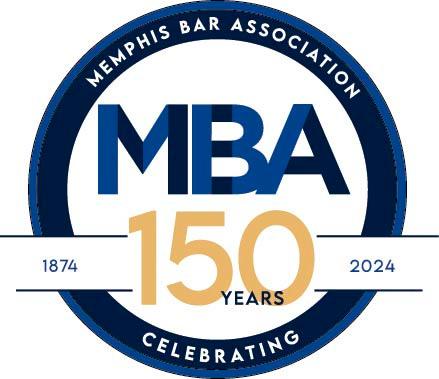
7. CT-3102-19, Kathleen Ferguson v. Tashaun Brooks and Willis Ollie Beatrice Tate
September 19, 2023
Ryan Skertich for Plaintiff
Nicholas J. Owens, Jr. for Defendants
Auto Accident Jury
• Plaintiff Verdict: $37,433.40
» Medical Expenses: $27,433.40
» Permanent Injury: $5,000.00
» Pain and Suffering: $5,000.00
8. CT-005343-18, Hattie Jones and James Jones v. Ronald Campbell and Jay Baumart
October 17, 2023
Derek O, Fairchilds for Plaintiffs
Robert L. Moore for Defendants
Auto Accident Jury
• Trial on damages only
• Plaintiffs Verdict
» Hattie Jones $18,024.10
Medical Expenses: $11,024.10
Non-Economic Damages: $7,000.00
» James Jones: $14,340.43
» Medical Expenses: $10,340.43
» Non-Economic Damages: $4,000.00



38
150th Anniversary Celebration Event MOSH (The Pink Palace) Saturday, October 19, 2024 6:00pm-10:00pm


39
4651 S. Houston Levee Rd. | Collierville, TN MBCollierville.com
The Luxurious SUV Lineup.
in central Mississippi. | providencehillfarm.com
take you from the ball fields to the dove fields in luxurious comfort and unmatched style. GLS 450 GLE 350 GLC 300
Pictured at Providence Hill Farm, the premier shooting club of the South, located
Our line of Mercedes-Benz SUVs
COURT REPORT
UNITED STATES DISTRICT COURT for the Western District of Tennessee
covers jury and bench trials from June 8, 2023 through December 31, 2023
DISTRICT JUDGE S. THOMAS ANDERSON
1. USA v. Patrick Butler, No. 22-10083
Trial: July 17-20, 2023
Attorney for Prosecution: Adam Davis
Attorneys for Defendant: Michael Chandra and Dianne Smothers
• Charges in Indictment: One count of unlawful possession of a firearm by a convicted felon; possession with intent to distribute methamphetamine; and possession of materials that may be used to manufacture methamphetamine with reasonable cause to believe that the materials will be used to manufacture methamphetamine
• Verdict: Guilty on all counts
DISTRICT JUDGE J. DANIEL BREEN No trials.
DISTRICT JUDGE JOHN T. FOWLKES, JR. No trials.
CHIEF DISTRICT JUDGE SHERYL H. LIPMAN
1. Moon Fenton, M.D. v. The West Clinic, PLLC f/k/a The West Clinic, PC, d/b/a West Cancer Center; West Leaseco, LLC, West Desoto Partners, LLC; West Union Partners, LLC; West Wolf River Partners, L.P., f/k/a West Wolf River Partners, LLC; West Clinic Holdco, PC; West Equity, LLC; and West Partners, LLC, No. 21-2790
Trial:May 22, 2023-May 24, 2023
Findings of Fact and Conclusions of Law issued: August 22, 2023
Attorneys for Plaintiff: David A Burkhalter, II, David Alexander Burkhalter, III, Zachary Joseph Burkhalter, and Dan M. Norwood
Attorneys for Defendants: Michael G. McLaren, Amy Worrell Sterling, and Charles S. Mitchell
• Claims in Complaint: Breach of contract, conversion, negligent misrepresentation, intentional misrepresentation, promissory fraud, fraudulent concealment, fraud by omission, and constructive trust/resulting trust.
Plaintiff’s negligent misrepresentation, promissory fraud, fraudulent concealment, and fraud by omission claims were dismissed before trial.
Plaintiff conceded her intentional misrepresentation claim and her conversion claim related to alleged bonus deductions.
• Verdict: The Court issued Findings of Fact and Conclusions of Law on Plaintiff’s remaining claims in favor of Defendants.

40
2. USA v. Bridges Randle, Jr., No. 22-20138
Trial: July 17-20, 2023
Attorneys for Prosecution: David Pritchard, Maura White, and Andrew Manns
Attorney for Defendant: Leslie Ballin
• Charges in Indictment: willful deprivation of liberty of K.T. without due process of law (including the fundamental right to bodily integrity) while acting under color of law with MPD, including aggravated sexual abuse; andwillful deprivation of liberty of N.M. without due process of law (including the fundamental right to bodily integrity) while acting under color of law with MPD, including aggravated sexual abuse and kidnapping.
• Verdict: Not guilty on all counts.
SENIOR DISTRICT JUDGE SAMUEL H. MAYS
1. Michael Kelly v. Nexair, LLC, No. 22-2190
Trial: August 21-28, 2023
Attorney for Plaintiff: Daniel Seward
Attorneys for Defendants: Isaac Lew and Nicholas Vescovo
• Claims in Amended Complaint: Negligence/personal injury related to an alleged forklift accident at Nexair’s warehouse.
• Jury Verdict: Defense Judgment
2. Amber Chapman v. Olymbec USA, LLC, No. 182842
Trial: September 18-22, 2023
Attorney for Plaintiff: Brian Winfrey
Attorneys for Defendant: Robert Meyers and Danielle Rassoul
• Claims in Amended Complaint: Disability discrimination and retaliation under the Americans with Disabilities Act and the Tennessee Disability Act.
• The Court tried Plaintiff’s ADA retaliation claim as a bench trial. Although proposed findings of fact and conclusions of law were due November 27, 2023, the parties did not file any.
Thus, Plaintiff’s ADA retaliation claim remains unresolved.
• Verdict: The jury found for Defendant on Plaintiff’s disability discrimination claims under the ADA and the TDA. The jury found for Plaintiff on her retaliation claim under the TDA and awarded her $100,000.00 in compensatory damages and punitive damages of $150,000.00.
DISTRICT JUDGE MARK S. NORRIS
1. Pristex Medical, LLC v. LuxuryPak Products, LLC and Julian Roebuck, No. 21-2140
Trial: September 18-19, 2023
Attorney for Plaintiff: William B. Ryan
Attorney for Defendants: Paul B. Billings, Jr.
• Claims in Complaint: Breach of contract; breach of warranty; breach of merchantability; and breach of warranty of fitness for a particular purpose against LuxuryPak; conversion, unjust enrichment, fraud, and violation of the Tennessee Consumer Protection Act against LuxuryPak and Roebuck.
• Verdict: Awaiting findings of fact and conclusions of law after a bench trial.
2. Michael Iannone et al. v. AutoZone Inc. et al., No. 19-2779
Trial: October 23-31, 2023
Attorneys for Plaintiffs: Jame H. White, IV; D.G. Pantazis, Jr; and Lange Clark
Attorneys for Defendants AutoZone Inc.,: Bill Giles, Brian Campbell, Steve Beussink, Kristin Wright, Michael Womack, Kevin Williams, and Rick Smith: Brian T. Ortelere, Jeremy P. Blumenfeld, Abbey M. Glenn, David A. Thornton, Emily Byrne, John S. Golwen, Jonathan Edward Nelson, Mathew J. McKenna, and Samuel Block
Attorneys for Defendants Northern Trust Corporation and Northern Trust, Inc.: David Tetrick, Amanda Ann Sonneborn, Danielle Chattin, Darren Shuler, John L. Ryder, and Patrick G. Walker
Attorney for Objector Reyes Holdings, L.L.C.: Andrew E. Tauber
Attorneys for Miscellaneous Party Prudential Retirement Insurance and Annuity Company: Caroline A. Wong and Mark B. Blocker
Attorneys for Miscellaneous Party Willis Towers Watson US LLC: John E. Joseph
• Claims in Amended Complaint: An ERISA claim for breach of fiduciary duty related to alleged failures to properly select, maintain, and monitor investments and investment options for Plaintiffs’ 401(k) plan.
• Verdict: Awaiting findings of fact and conclusions of law after a bench trial.
SENIOR DISTRICT JUDGE JON P. MCCALLA
No trials.

41
DISTRICT JUDGE THOMAS L. PARKER
1. James Cole ex rel. The Board of Trustees of the Iron Workers Local Union No. 167 Health and Welfare Plan Trust, the Iron Workers Local Union No. 167 Pension Plan and Trust, the Iron Workers Local Union No. 167 Apprenticeship and Training Trust Fund, and Iron Workers Local Union No. 167 v. Elite Iron Works, Elite Iron Works, LLC, and Russel Feivou, No. 21-2165
Trial: March 20-21, 2023.
Attorneys for Plaintiff: Deborah E. Godwin
Attorneys for Defendants: John B. Turner, Jr. and Carl I. Jacobson
• Claims in Complaint: An ERISA claim for failure to pay fringe benefit contributions to various funds and dues to the Union.
• Verdict: The Court issued findings of fact and conclusions of law on July 27, 2023 in favor of Defendants.
2. USA v. Raymond Earl Vallier, No. 22-20049
Trial: August 7-17, 2023
Attorneys for Prosecution: Sara Porter; Justin Woodard; Tony Arvin
Attorneys for Defendant: Larry Laurenzi; Louis Jehl; Nicole Blanchard
• Charges in Indictment: (1) embezzlement of public money (specifically $107,568.03 from the Provider Relief Fund (part of CARES Act relief funds)); (2) aggravated identity theft related to embezzlement of public money; (3) making false statements to retain a Provider Relief Fund payment; (4) making other false statements to retain a Provider Relief Fund payment; (5) making additional false statements to retain a Provider Relief Fund payment; and (6) wire fraud.
• Verdict: Not guilty as to Counts 1-3 and guilty as to Counts 4-5. Count 6 of the Second Superseding Indictment was dismissed before trial.
3. USA v. James Johnson, No. 22-20123
Trial: December 4-6, 2023
Attorneys for Prosecution: Karen Hartridge; Ashley Moore
Attorneys for Defendant: Patrick Stegall
• Charges in Indictment: six (6) counts of Hobbs Act robbery and attempted Hobbs Act robbery; six (6) counts of using, carrying, and brandishing a firearm during and in relation to Hobbs Act robberies; and one (1) count of unlawful possession of a firearm by a convicted felon.
• Verdict: Guilty on all counts.
4. Drexel Chemical Company v. Gowan Company
LLC, No. 22-2438
Trial: October 30-31, 2023
Attorneys for Plaintiff: Louis Bernsen and Michael F. Rafferty
Attorney for Defendant: Joshua David Wilson
• Claims in Complaint: Declaratory judgment, repudiation of contract, and breach of implied duty of good faith and fair dealing.
• Verdict: After ruling for Defendant from the bench on October 31, 2023 after a bench trial, the Court issued an order on November 1, 2023 and found for Defendant. Because Defendant gave notice of termination on April 29, 2021, the Cooperation Agreement terminated as of April 29, 2023.


42
2024 MBA Officers




2024 Newly Elected Board Directors

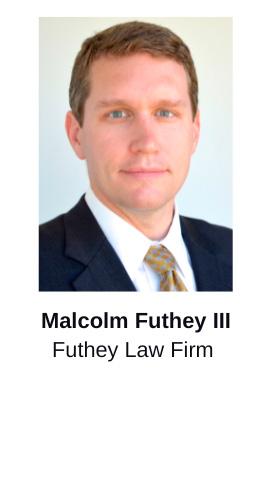

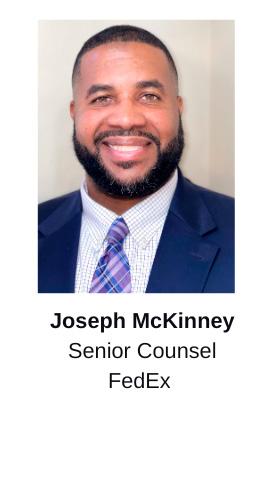

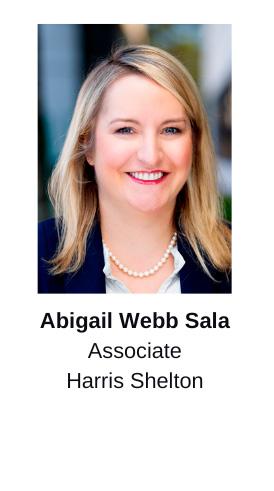

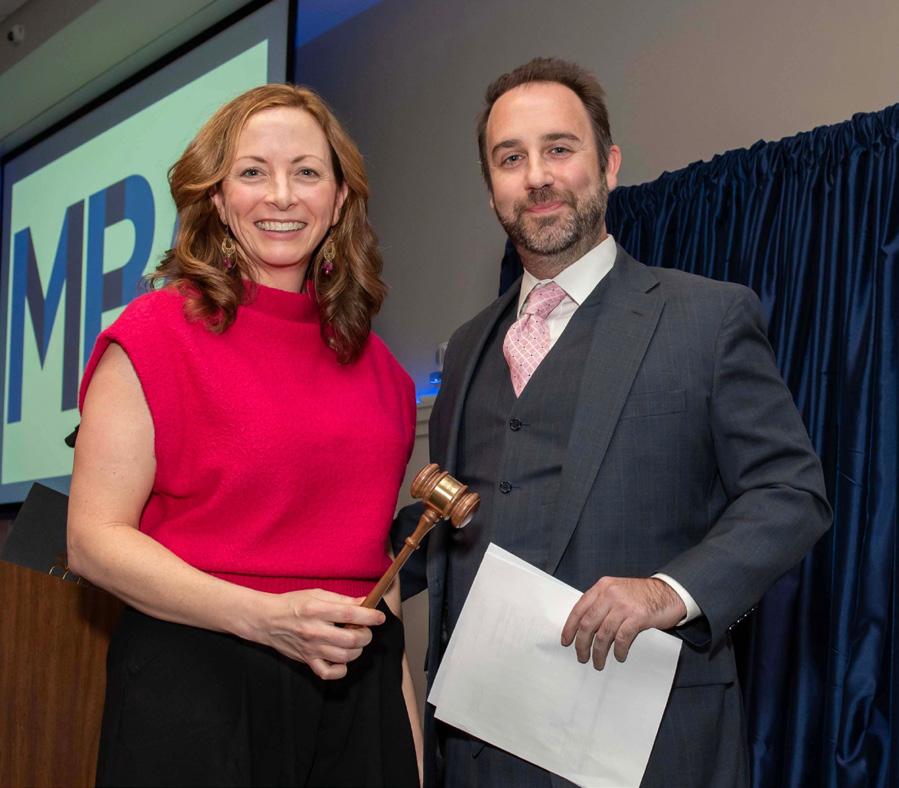

43
Adam Johnson President Nahon, Saharovich & Trotz
Lauren Stimac Vice President Glassman, Wyatt, Tuttle & Cox
Marlinee Iverson Secretary/Treasurer Shelby County Attorney's Office
Bar Scene Annual Meeting
Jennifer Sink Past President MLGW
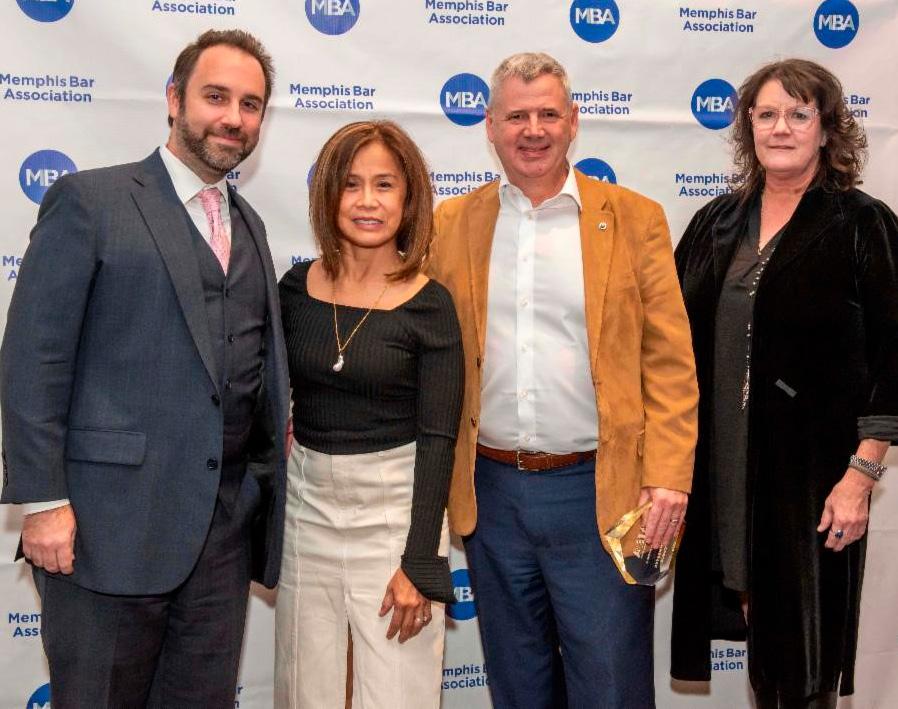

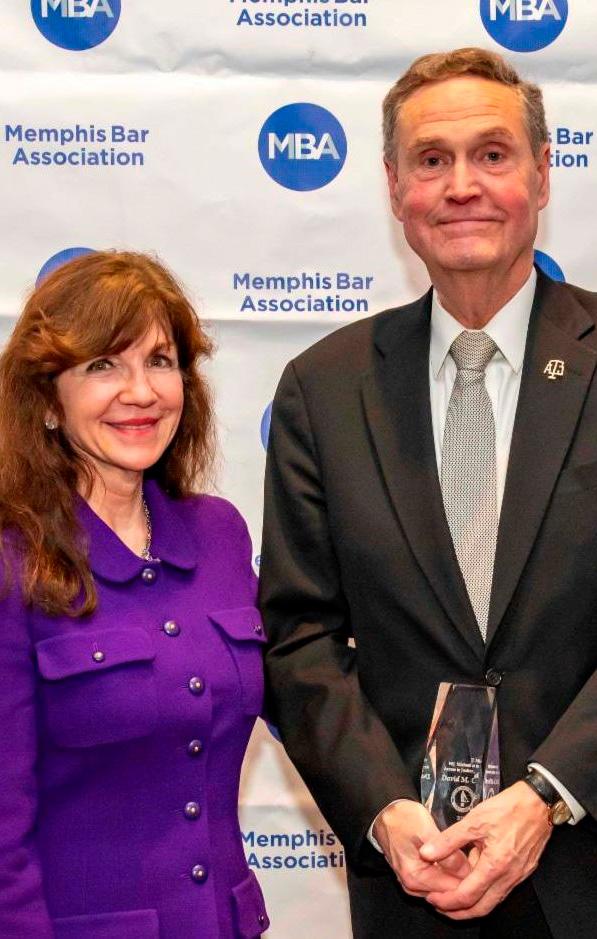


44 Bar Scene Annual Meeting

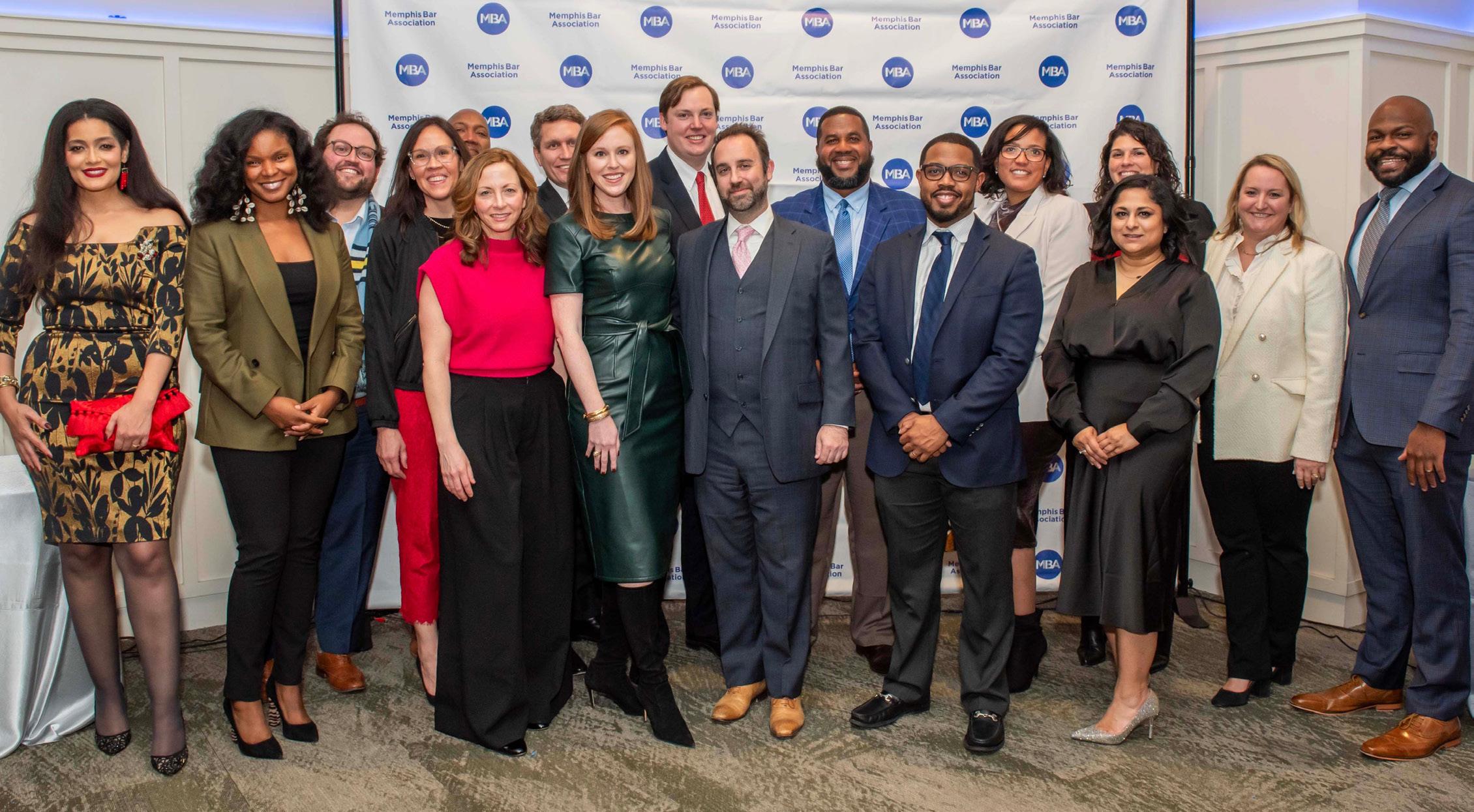

45 Bar Scene Annual Meeting
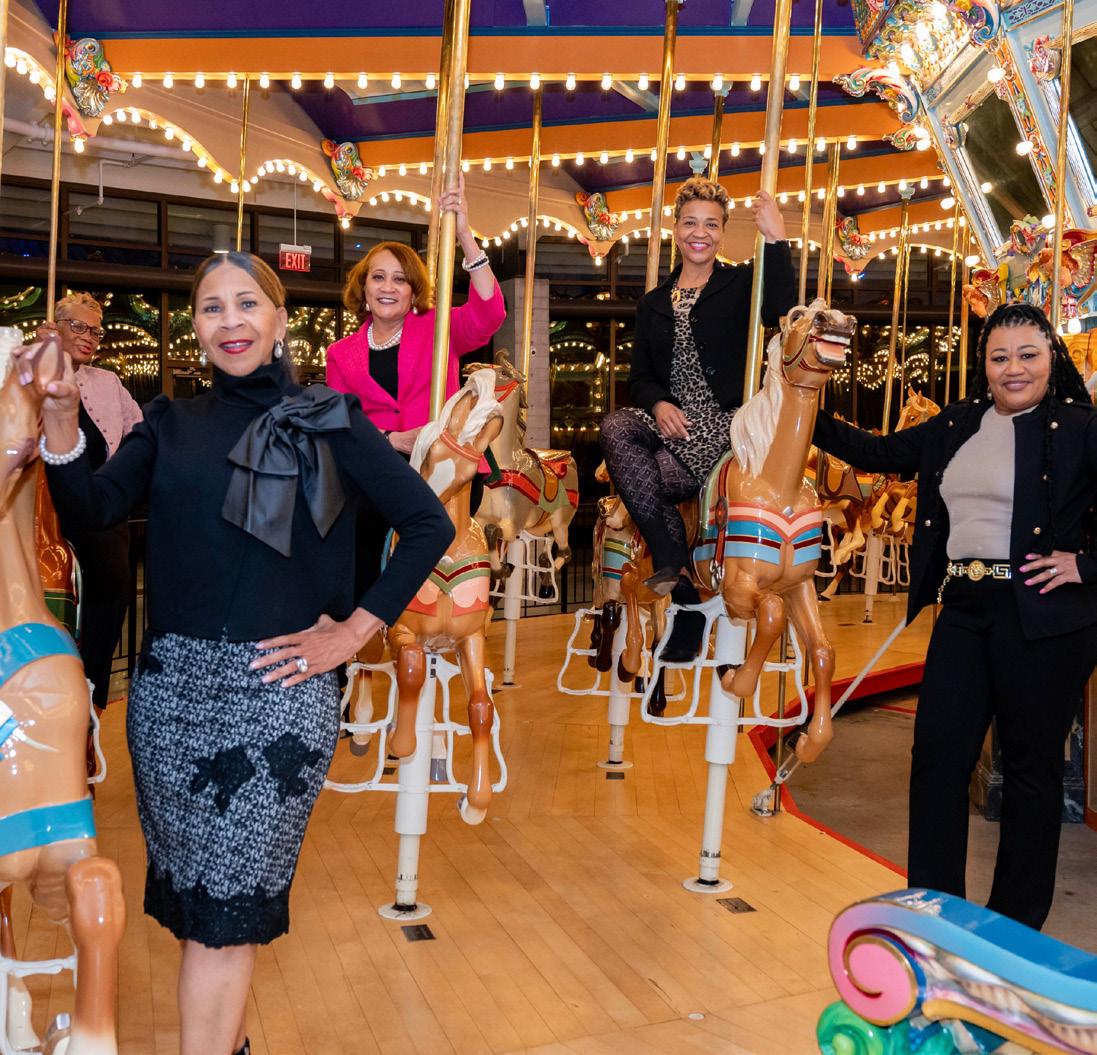





46 Bar Scene Annual Meeting
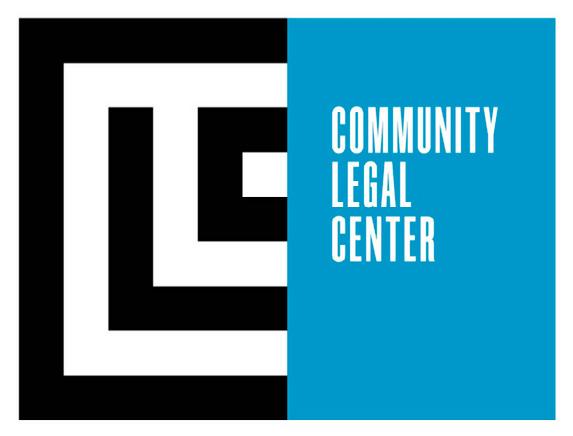
Why the CLC Matters to Memphis and the Mid-South
BY TRICIA DEWEY
Five years ago, for the 25th anniversary of the CLC, I wrote an article in Memphis Lawyer titled “Why the Community Legal Center Matters To Me.” I was a relatively new board member at the CLC learning about its history, practice areas, and work. I was impressed (and still am) that the Memphis Chapter of the Association for Women Attorneys in 1994 had the foresight to start an organization to help mediate legal problems for those who could not afford lawyers. The AWA also realized that mediation alone was not going to be sufficient; that more rigorous counsel and representation were going to be needed for problems like divorce, housing, and elder law. Since 1994, the CLC has vastly expanded its practice areas, which now include family law, probate, landlord-tenant, consumer, and immigration. After five years on the board, and now looking forward to celebrating 30 years of the work of the CLC throughout 2024, I realized the updated title of the article should be (as above) “Why the CLC Matters to Memphis and the Mid-South.”
The CLC matters to Memphis and the Mid-South because our attorneys and staff work very hard to help change local lives for the better so that our clients can continue to contribute to our local community without the stress of handling their legal issues all alone. Just recently, the weekly legal clinic helped a pro se litigant obtain her final divorce decree, create a Permanent Parenting Plan, and sever all legal ties from her abusive spouse. In November 2023, the CLC obtained a U-Visa, in a case that had been filed in May 2016, by a client who had been badly beaten. That client and his family can now stay safely in the United States for the next four years. A CLC attorney helped an elderly client petition the court for a conservatorship to help her make medical and financial decisions and to protect her from her
son’s medical neglect and financial abuse. The CLC has consulted with many tenants about their rights, writing letters to landlords and speaking to landlords’ attorneys to resolve issues, including in one case getting a tenant moved to another apartment after a sewage flood in her apartment. These are the types of cases — housing, elder, immigration, and family law — that, when resolved, help clients move on with their lives. We are the only sliding scale law firm serving working families and individuals in Tennessee.
We could not have known that in the years between the 25th and 30th anniversaries of the CLC, the world would face a global health crisis. Like other organizations, the pandemic forced the CLC to look at priorities and adjust to the crisis. We thought of new, innovative ways

47
to practice law. We adapted to new technology, developed virtual legal clinics, and embraced the online fundraising that the pandemic demanded. (Yes, it seems like a dream, but we really did have a fundraiser with Rosanne Cash, who performed songs just for us!) The CLC also realized that as we were adjusting, the need for legal assistance increased, and we have faced ever increasing calls for help since the COVID years. Diana Comes, Executive Director since 2021, says “We are the little engine that could. People really need our help, but we realized we can’t help everyone. There is so much more work to do.”
Now, celebrating the 30th year of this necessary organization, the broad mission statement of the CLC — “to provide civil legal services to those with limited means and those at risk” — allows for a broad range of assistance. The CLC recently completed a strategic plan to ensure that we are working on our mission in the most efficient way possible and planning for the outcomes we want to achieve in the next four years. One of these priorities includes expanding legal services to address the growing needs of individuals, families, immigrants, and the elderly. The need is clear: calls for assistance have increased steadily since 2020, but the CLC can generally only assist on approximately 4 out of every 10 requests. Of the cases taken by the CLC, 91% achieve a successful closure. The CLC is striving for even better efficiency through partnering with other existing programs and by increasing staff.
The CLC faces challenges as an organization and in addressing the growing need and expanding number of legal problems, but together and with planning we can continue to make a difference here in the Mid-South. The best way for lawyers to get involved is to help to staff the one-hour clinics focused on wills and estates and landlord-tenant issues, which we are planning to start in spring 2024. No experience is needed. The CLC will teach you everything you need to know.
Next, of course, you can make a difference by spreading the word about who we are and that we help people improve their lives. By joining our spectacular and dedicated community of supporters so we can help even more Mid-Southerners, one client at a time. We are able to keep fees low and affordable because of the generosity of our supporters.
Please consider becoming a monthly donor at $30/month in honor of our 30th anniversary, around the cost of three lunches out a month. Join our committed community!

Tricia Dewey is a retired legal aid lawyer, now freelance writer, who has lived in Memphis for almost 21 years.
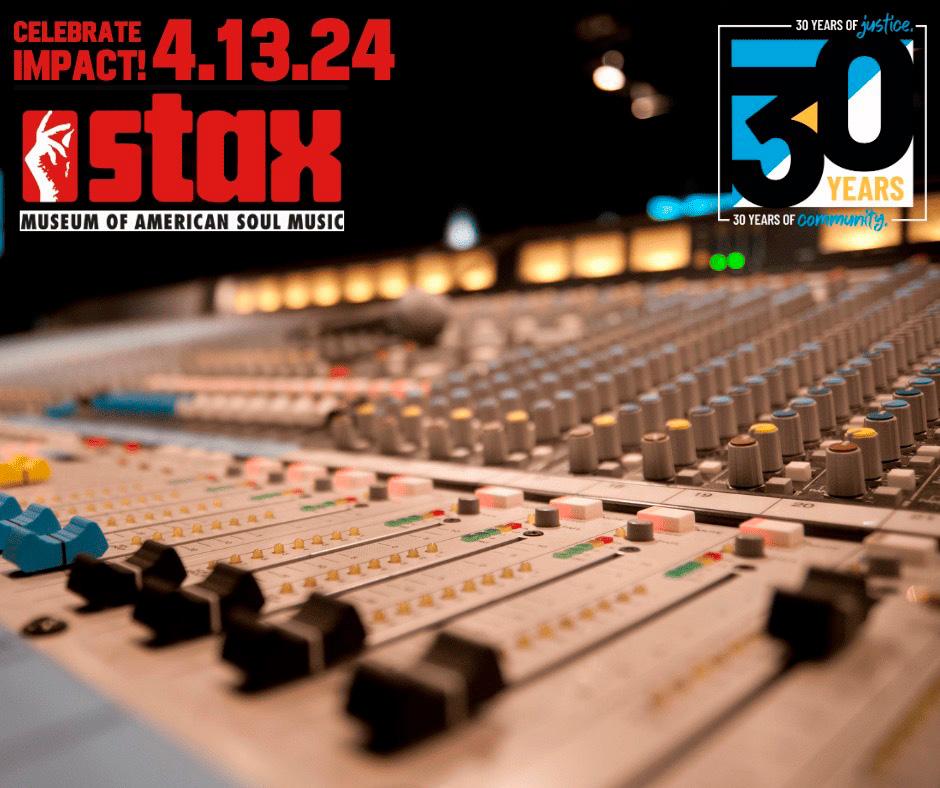

48
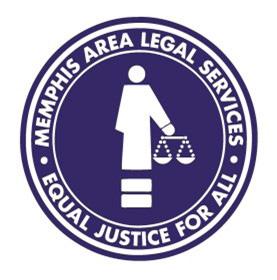
Empowering Change –A Four-Year Journey of Impact and Progress
BY CINDY COLE ETTINGOFF, FORMER CEO & GENERAL COUNSEL FOR MEMPHIS AREA LEGAL SERVICES
Memphis Area Legal Services, Inc.’s journey over the last four years is a testament to dedication, resilience, and unwavering commitment to making a positive impact. Over the past four years, Memphis Area Legal Services, Inc, (MALS) navigated through the impact of COVID, decreased grant funding, and a physical move while continuing to provide life changing, free civil legal services. MALS can now reflect on this transformative period and look forward to continuing to provide equal access to justice.
Expanding Access to Civil Legal Services: At the core of MALS’s mission is the belief that justice should be accessible to all, regardless of financial means. Over the past four years, the organization has provided free civil legal services in over 8,000 cases, empowering approximately 24,000 people to navigate complex legal challenges. That number is particularly significant since in 2018, MALS had 19 attorneys, 5 managing attorneys, 3 paralegals, 7 administrative staff. The decrease was due to changes in grant funding.
Despite the decreases in funding and resulting decrease in staffing, MALS continues to serve our community. As reflected by recent case data, MALS attorneys increased their level of service in 2023. Some of that increase is through strategic partnerships with law firms and individual pro bono attorneys and via its community partners; however, MALS attorneys have also increased the number of cases each attorney handles as an additional means of ensuring that those in need receive the support they deserve.
Community Outreach and Education: Community outreach and education are cornerstones of MALS’s approach to fostering lasting change. The organization has engaged in extensive community outreach initiatives, hosted workshops, and seminars, and conducted awareness campaigns on topics ranging from tenants’ rights to elder abuse. By empowering individuals with
knowledge, MALS has strengthened our community and promoted a culture of legal literacy.
Financial Stewardship and Growth: A testament to its responsible stewardship of resources, MALS has experienced commendable financial growth over the past 4 years. Through strategic grant funding and the fundraising efforts of the Campaign for Equal Justice Cabinet, the organization has not only sustained its operations, but also expanded its reach and impact.
As MALS celebrates almost 54 years of justice, its accomplishments serve as a beacon of hope and inspiration. The organization’s journey underscores the profound impact that the provision of free civil legal services can have on individuals and our community. Looking forward, MALS remains steadfast in its mission, driven by the belief everyone deserves equal access to justice and the opportunity to build a better future.

Cindy Cole Ettingoff served as the CEO and General Counsel for Memphis Area Legal Services, Inc. from October 2019 through February 2024. A long- time legal services volunteer and supporter,
Cindy joined MALS after thirty years of practicing law. While in private practice, Ms. Ettingoff represented employers, employees, and unions in litigation, contract negotiations, arbitrations, and mediations.

49




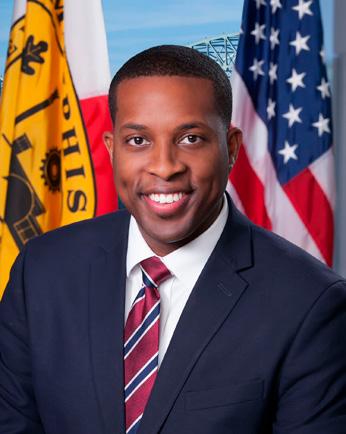
After running unopposed for a second term as the City Councilman for Super District 8-1, J.B. Smiley, Jr. was sworn in as Chairman of the Memphis City Council on January 1, 2024. Prior to his time on the City Council, Chairman Smiley served as a policy advisor to the Shelby County Clerk. In 2017, J.B started his law practice, Smiley & Associates, PLLC in Memphis. His law firm handles matters involving appellate law, employment law, personal injury law, workers' compensation law, negligence litigation, general civil litigation, and wills, trusts, and estate planning.

Janika White won a seat on the Memphis City Council following a commanding victory over the other candidates in Super District 8-2. After being sworn in on January 1, 2024, Janika immediately got to work on her assigned committees representing over 300,000 Memphians. Currently the owner of Janika White Law, PLLC, she is a skilled litigator with experience handling complex and high-profile criminal defense and civil cases.
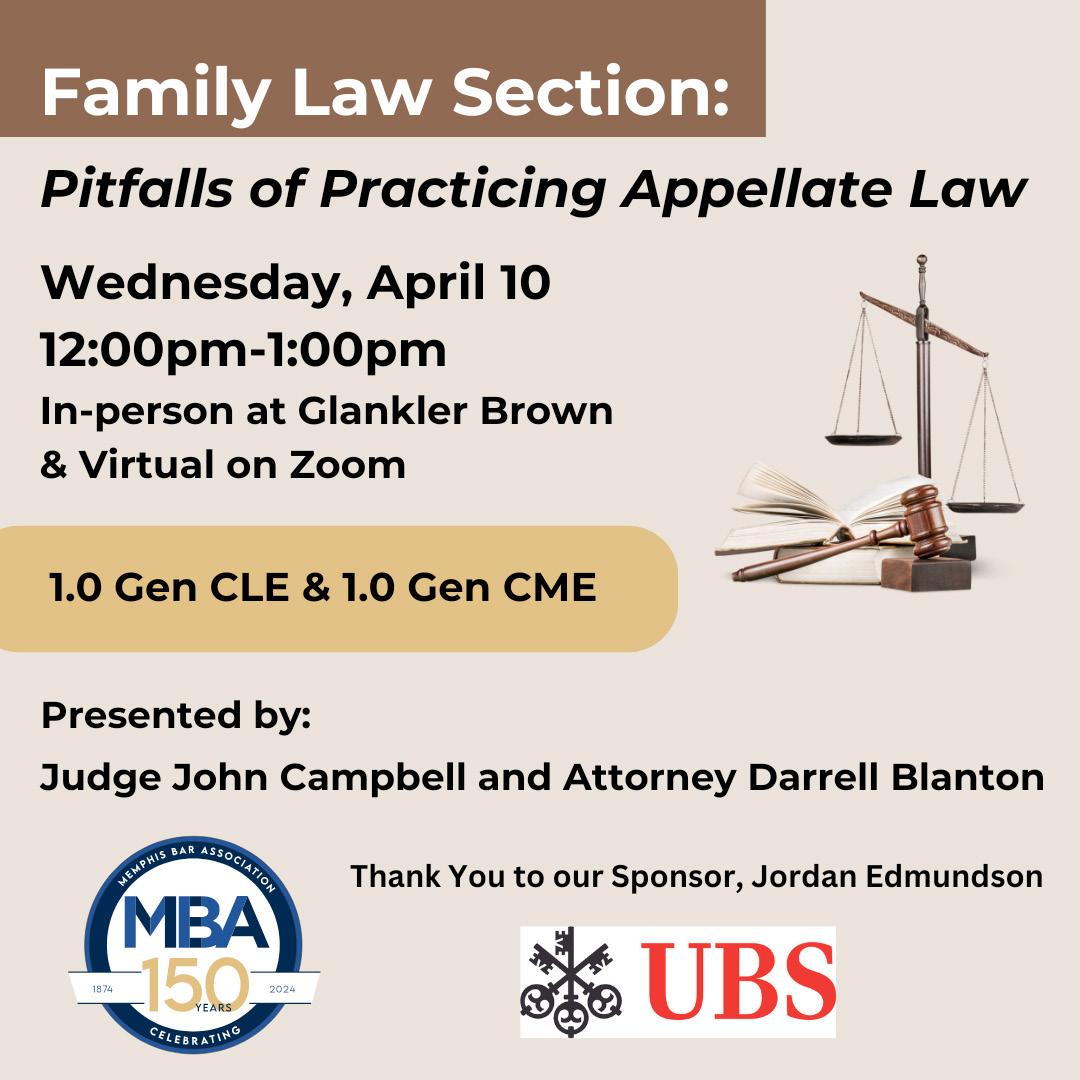







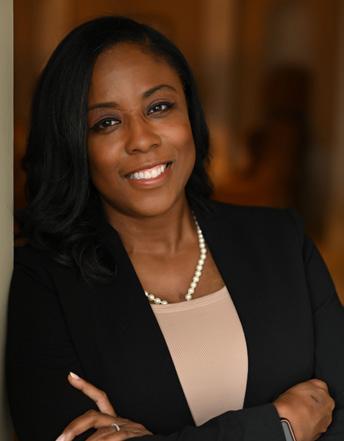
On January 9, 2024, the Memphis City Council approved Tannera Gibson to serve as the Chief Legal Officer for the City of Memphis. Her name had been put forward by Memphis Mayor Paul Young, and was approved by the City Council on same night minutes. Since 2009, Tannera has been an attorney at Burch, Porter, and Johnson where her practice focused on employment law, municipal law, healthcare liability, and commercial and business litigation. She was the first Black female partner at her law firm and was also the first Black woman to be elected President of the Memphis Bar Association.
SUBMIT YOUR NEWS AND UPDATES
If you are an MBA member in good standing and you’ve moved, been promoted, hired an associate, taken on a partner, or received an award, we’d like to hear from you. We will not print notices of honors determined by other publications (e.g., Super Lawyers, Best Lawyers). Notices are limited to 100 words; they are printed at no cost to members and are subject to editing. E-mail your notice and hi-resolution photo (300 dpi) to kswan@memphisbar.org.
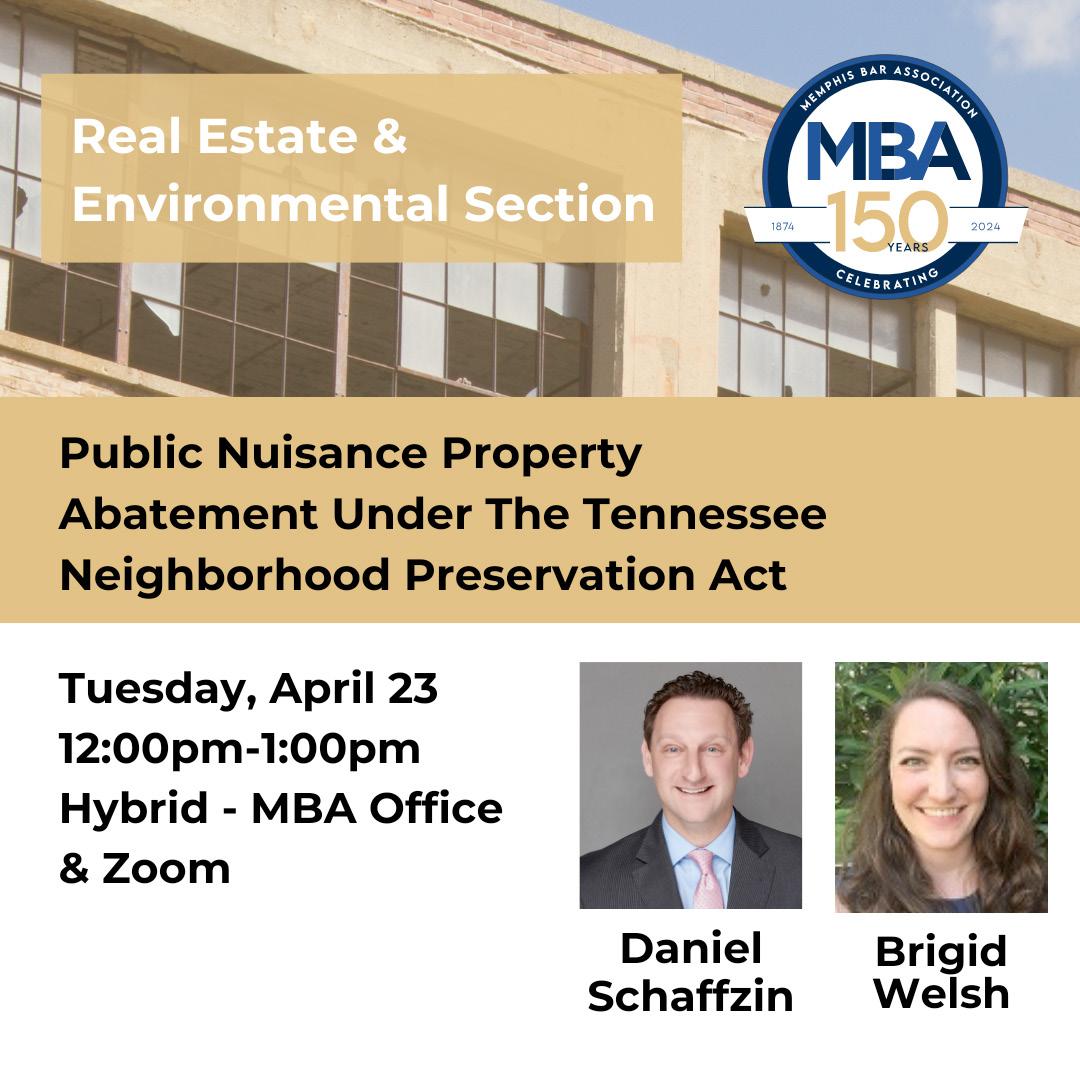
50


































































































